On May 13, the ExisTransInter march took place in Paris for its 26th edition. Part of Place de la République to reach Place de la Nation via Boulevard Voltaire.
Organized by an inter-associative collective, national since 1997, it denounces transphobia and intersexophobia as systemic and institutional oppressions. Its aim is to improve the material living conditions of the persons concerned. To carry it out, allied associations have provided financial support, in order to supplement the surpluses from previous years and support evenings organized with fundraisers.
This year, ExisTransInter pinpointed the government’s Asylum and Immigration law, which increases repression against exiles and thus makes more trans people in France more precarious. Indeed, trans people have decided to take to the streets to react against “pinkwashing” and false commitments on LGBTIQI +.
The demonstration left at 3 p.m. after the speeches of the associations. Arriving around 6:30 p.m., it was followed by a big party at “La Mutinerie”, a self-proclaimed feminist bar in the 3rd arrondissement. A festive, cultural and political space, this place makes it possible to fight collectively against all discrimination linked to sex, gender and sexuality, to the fact of being racialized or not, to age, to health, to validity (physical and mental), HIV status, origin and religion, class, beauty and weight standards, appearance and what one does for a living (worker(s) gender, unemployed or RSA)
Participating associations
About fifteen associations participated in the ExisTransInter march:
*Anti-racist Queer Racialized Autonomous
*Raiz Arrechas
*Divine Afro-Caribbean(nes) Afro-descendant(your)LGBTQIA+ decolonial
*Accept-T
*Decolonize Feminism
*Intersex of the Activist Intersex Collective
*Non mixed Trans
*Deaf of Glitter Hands
*Front Transmasc
*Transpedal procession of Trans Fag Trad
*FLIRT Transfem procession
*Les Investi(e)s (Marxist TPG collective)
*LGBTQI+ Center of Paris and Ile de France
*LGBT youth MAG
*Inter-union procession: Computer Solidarity / STVJ / Student Solidarity, FSE / MNL / SELA IDF.
*Quiet procession
*General/unaffiliated procession
Transidentity, transsexuality and transsexuality
Transidentity should not be confused with intersex and cross-dressing. Indeed, transidentity is for a transgender person, a transgender person with a gender identity different from the gender assigned at birth, unlike a cisgender person whose gender assigned at birth is the same as that by which they defines.
The terms “transsexual” and “transsexualism” are old medical terms, abandoned by most doctors. Trans women are women who were usually assigned male at birth. For trans men it’s the opposite, not to be confused with non-binary people who identify as neither strictly male nor strictly female but between the two or neither.
While identity shifts have been documented for thousands of years, gender identities outside the binary are common in non-Western civilizations. From the years 1910 and 1920 in Germany, appear the first hormone therapies and surgical operations. It was in the second half of the 20th century that this practice became more democratic. Unfortunately, trans people are subject to strong discrimination when hiring or at work, and suffer a lot of violence Non-binary identities (genderqueer) are not exclusively masculine or feminine but rather agender, bigender, pangender or gender fluid, outside of cisnormality (gender assigned at birth).
Transidentity around the world
According to the continents, transidentity is applied differently but evolves with mentalities
Africa
Colonization brought the gender binary. In 2021, it is considered less taboo and we can even see photos circulating in the media of people who have transitioned.
Latin America
In Latin American cultures, transvestites could be considered a third gender despite being assigned male at birth but having a female, transfeminine or female gender identity. Following hormonal treatment, transvestites have a feminine expression and wear a new first and last name to avoid a masculine connotation. They have breast implants but do not want sex reassignment surgery. Some transgender identities have become known through contact with the Western world.
Asia
“Katoi” is a term reserved for male-to-female transgender and effeminate gay men in Thailand and Laos. In Japan, they are called “New haif”. Their presence is also known from writings and reports in Iran, Nepal, Indonesia, Vietnam, South Korea, Singapore and China, especially Hong Kong, Taiwan. The cultures of India include a third gender which refers to “hijras” in Hindustani.
North America
In the United States and Canada, many indigenous peoples have recognized that there are more than 2 genders. Among them, we can cite the Zuni male body, Ta’mana (the man feeling the need to be a woman) or “Winkté” for the Lakota, the male body for the Mojaves, alyhaa and the body of a hwanee woman.
Previously called “goose”, they are now called “two-spirited” and their spouses would not have been considered a different gender. In Mexico, the Zapotec culture includes a third gender: Muxhe.
Elsewhere in the world and in history
In the early days of Medina, trans women of the Muslim religion were similar to “Mukhannathun”.
In Ancient Rome, the “gall” was castrated following the Phrygian goddess Cybele and possibly considered transgender.
In Polynesian cultures, “Mahu” is a traditional status. In Fa’asamoa traditions and according to Samoan culture, a specific role is reserved for transgender men and women as “fa’afafine” or “Fakaleiti” in the Samoa Islands.
In Albania, a sworn virgin or sworn virgin (burrneshë, from burrë (man) with feminine suffix neshë, or virgjineshë (woman virgin)) designates an Albanian woman who has chosen to live as a man within the traditional patriarchal society.
The same phenomenon is observed in other Balkan countries such as Kosovo, Macedonia, Serbia and Montenegro.
Today
Nowadays, despite the evolution of mores and mentalities, the trans population still suffers verbal and physical attacks. This is why she decides to take to the streets to have her status recognized and to change the opinion of others about her. Medically, change operations are accepted after a long journey.
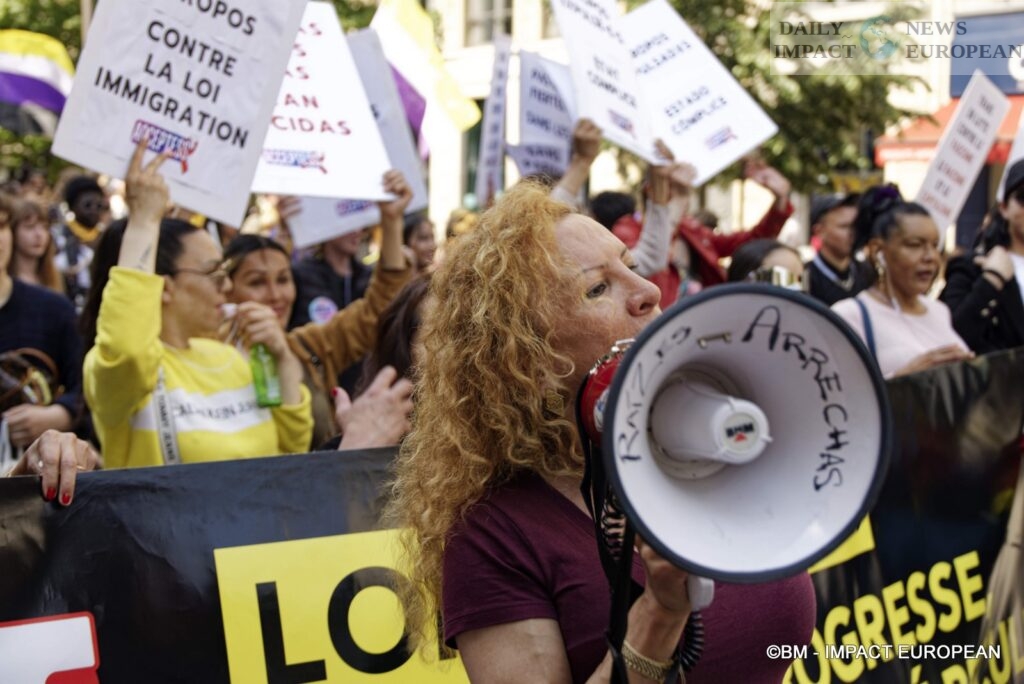
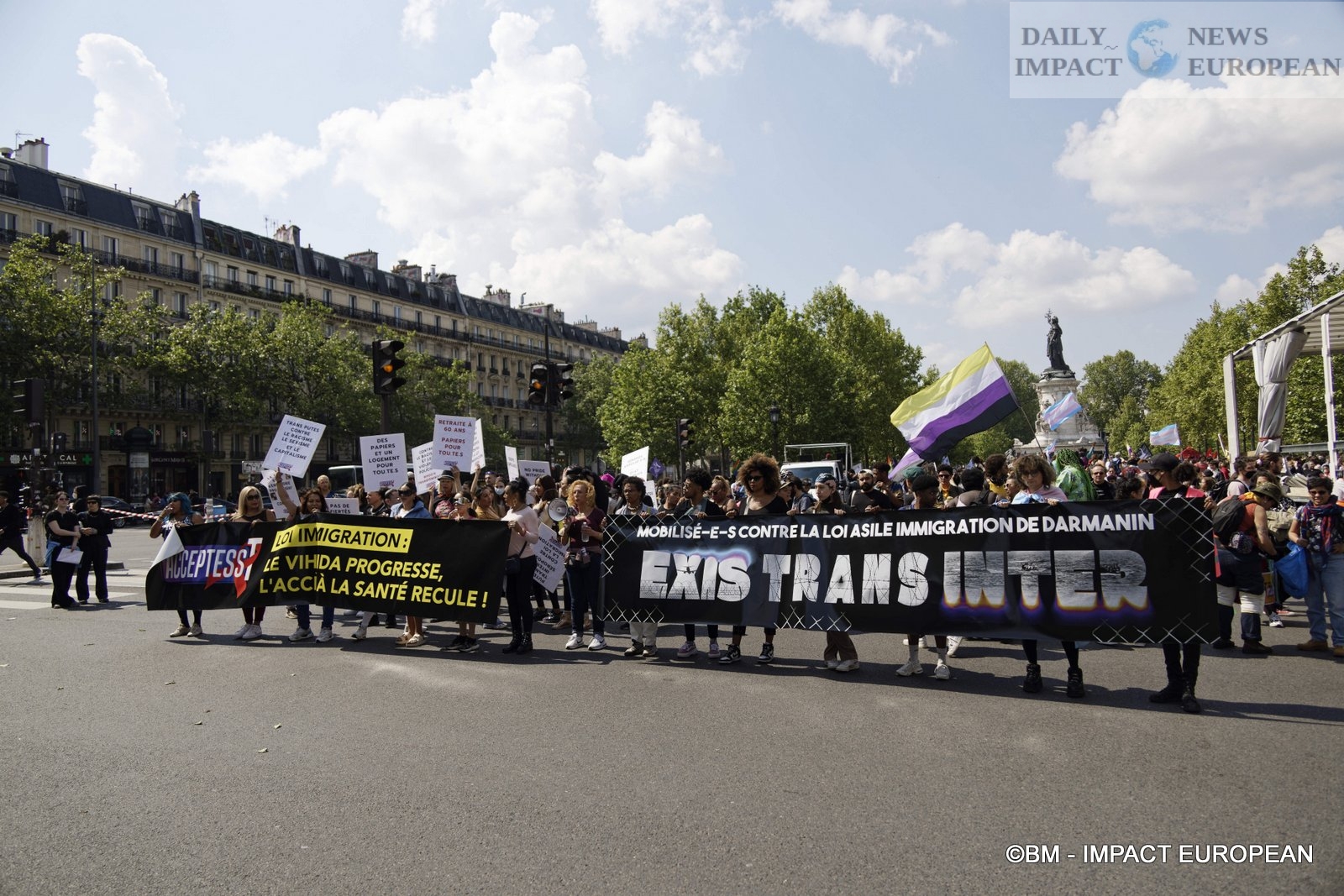
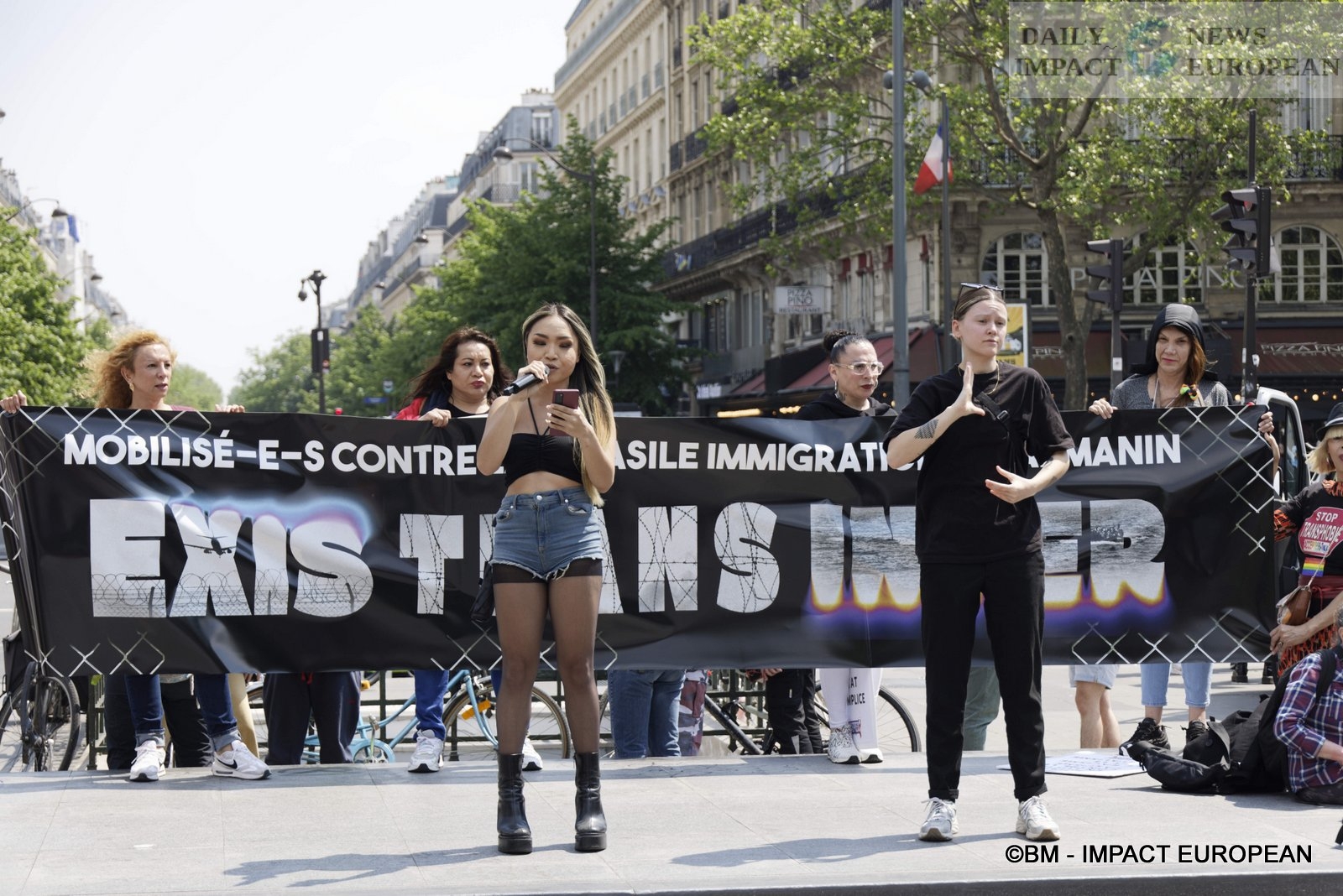
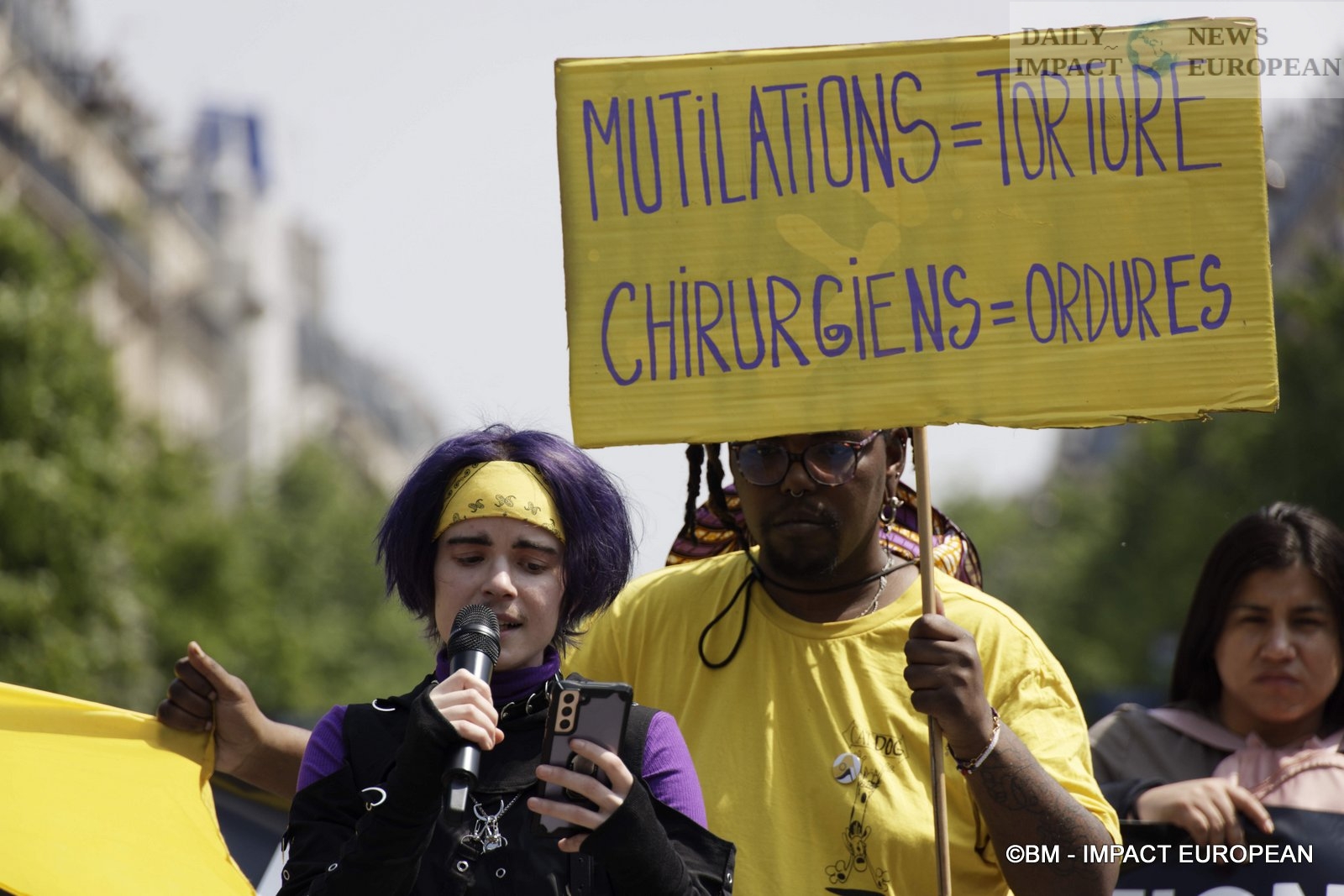
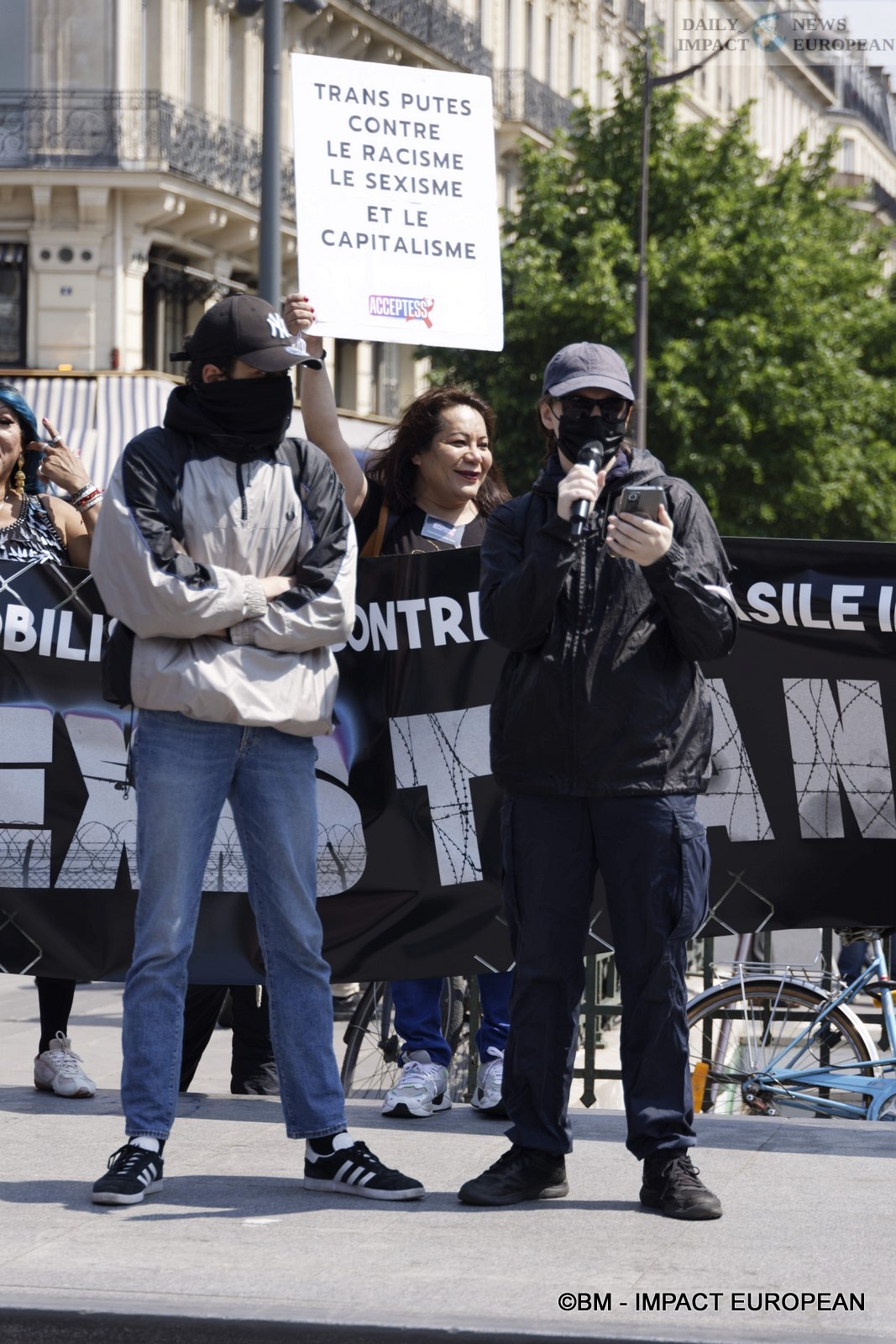
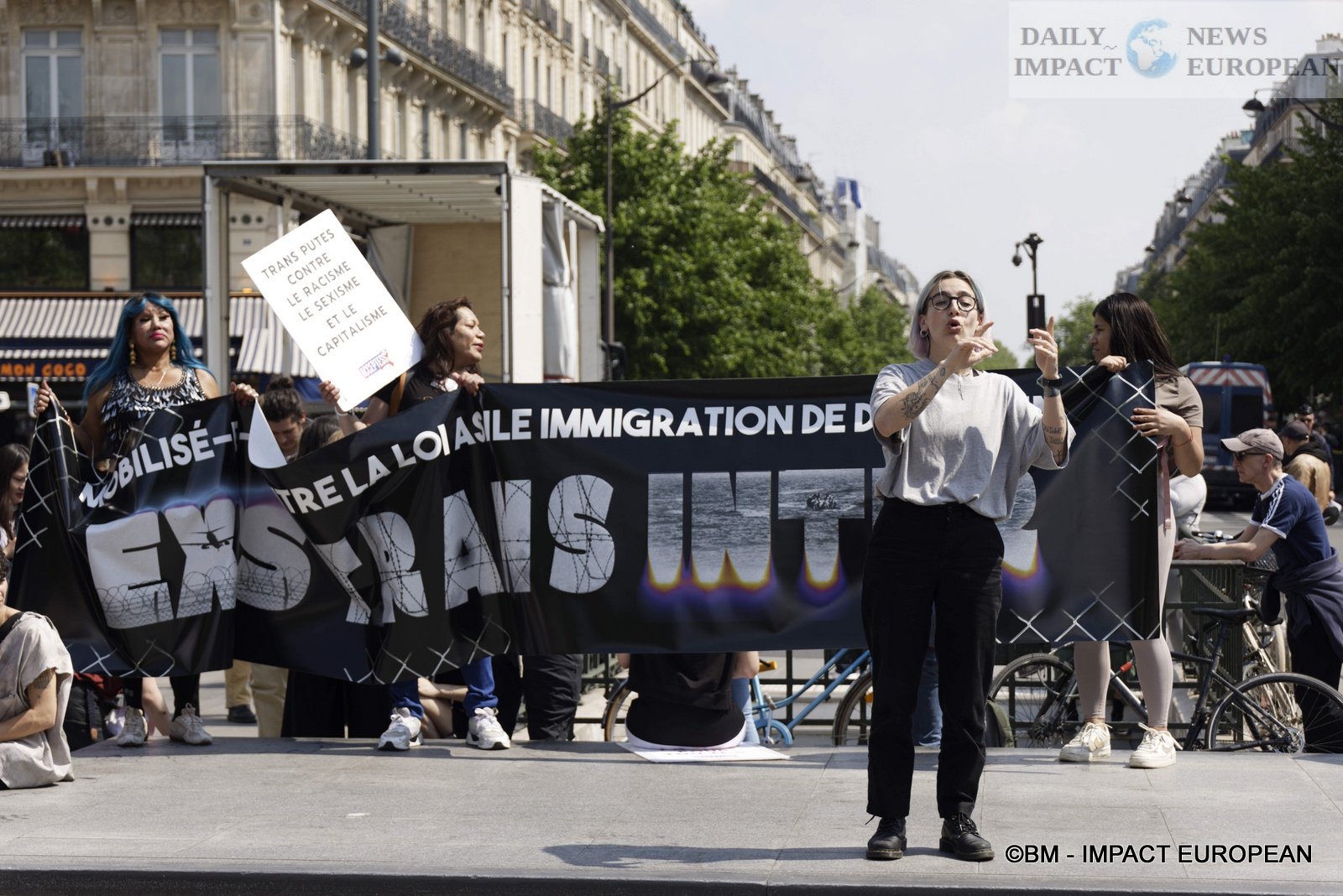
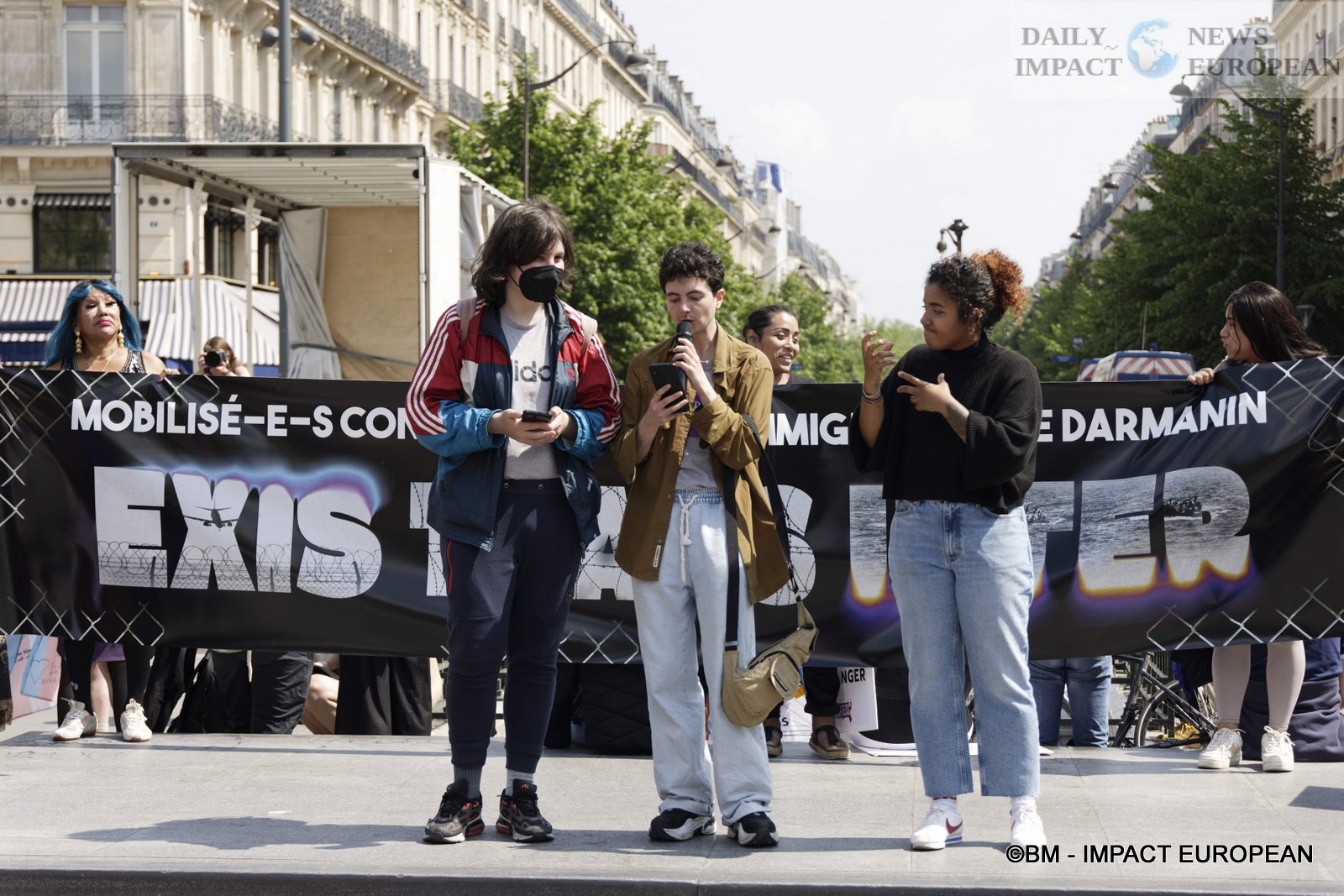
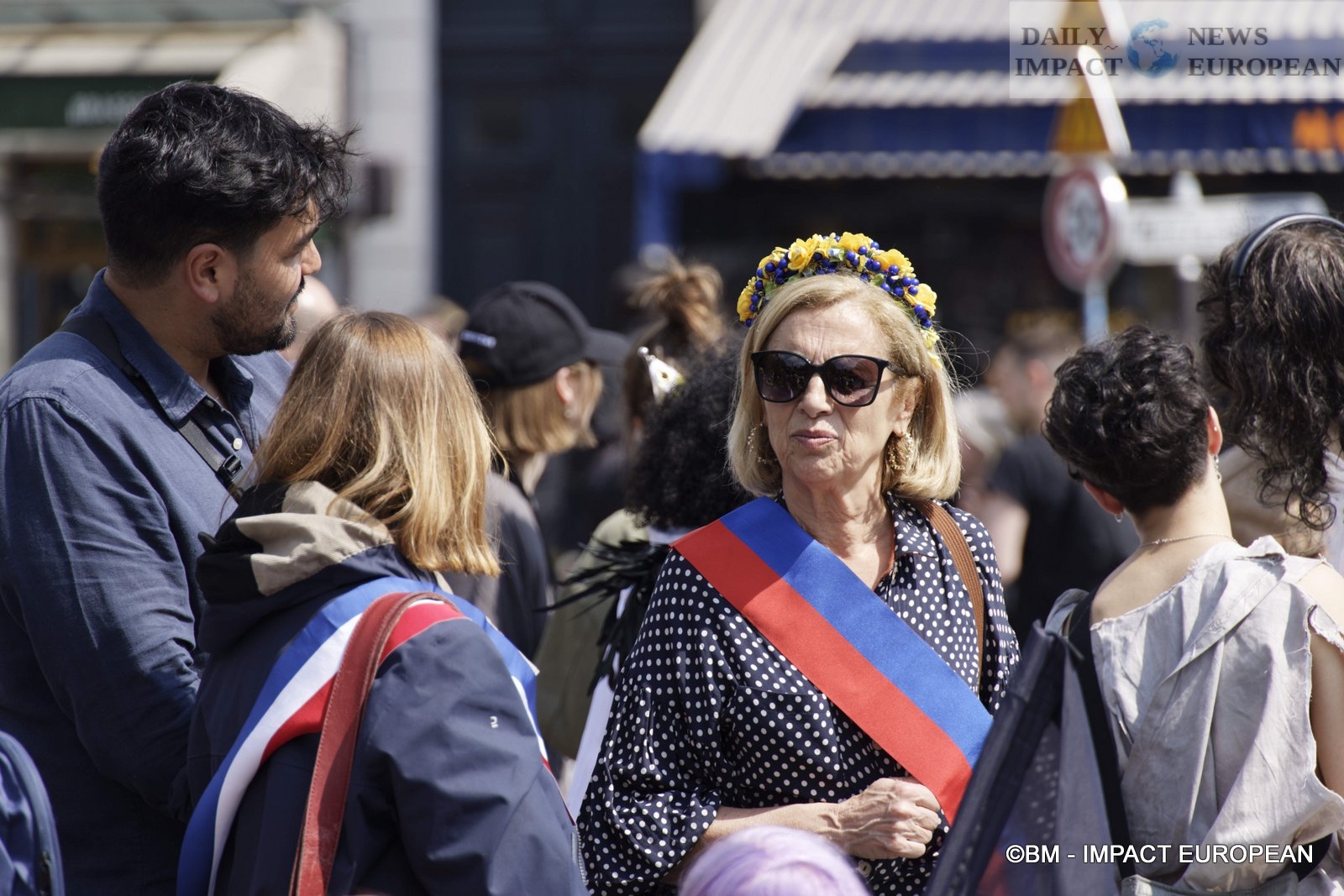
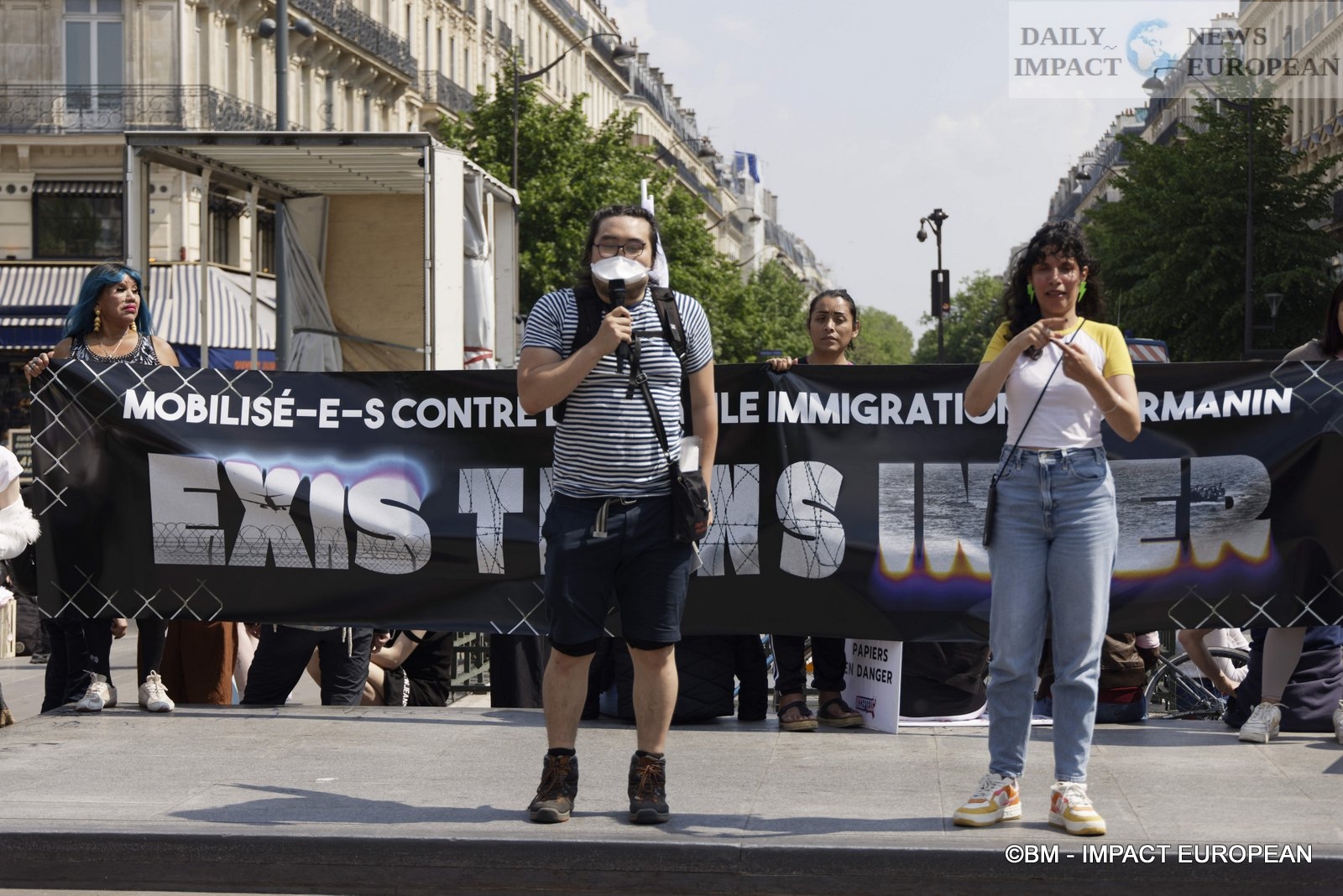
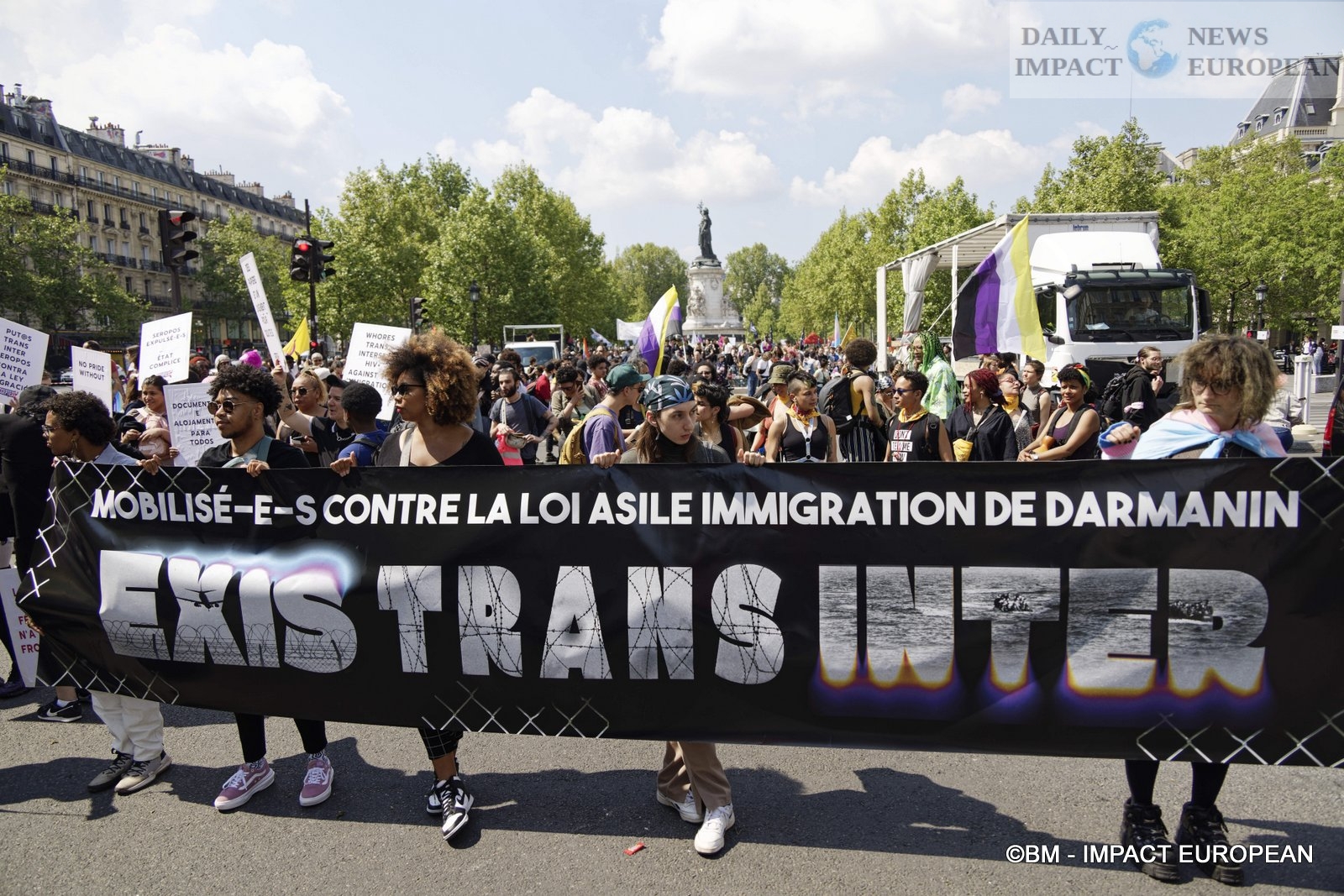
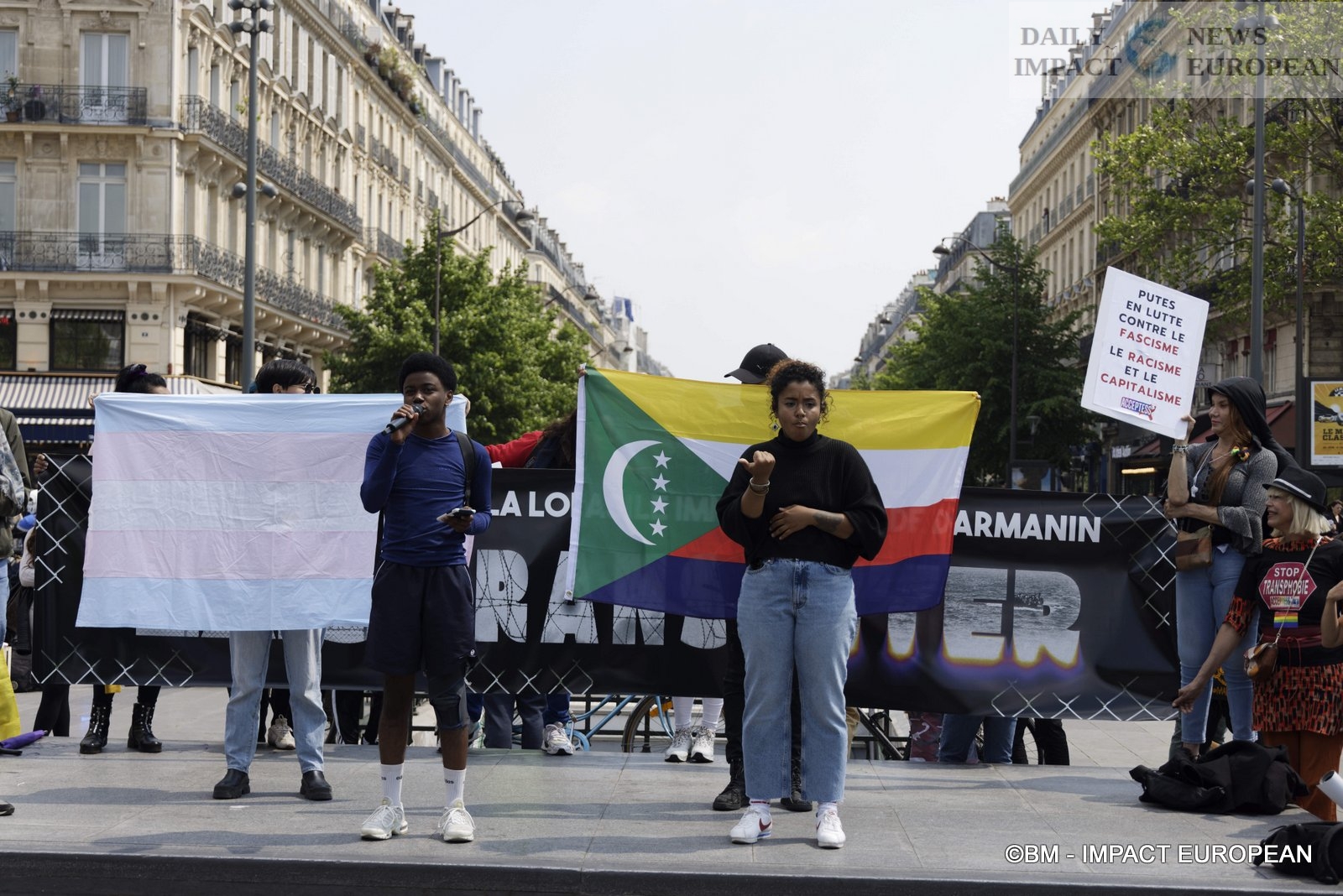
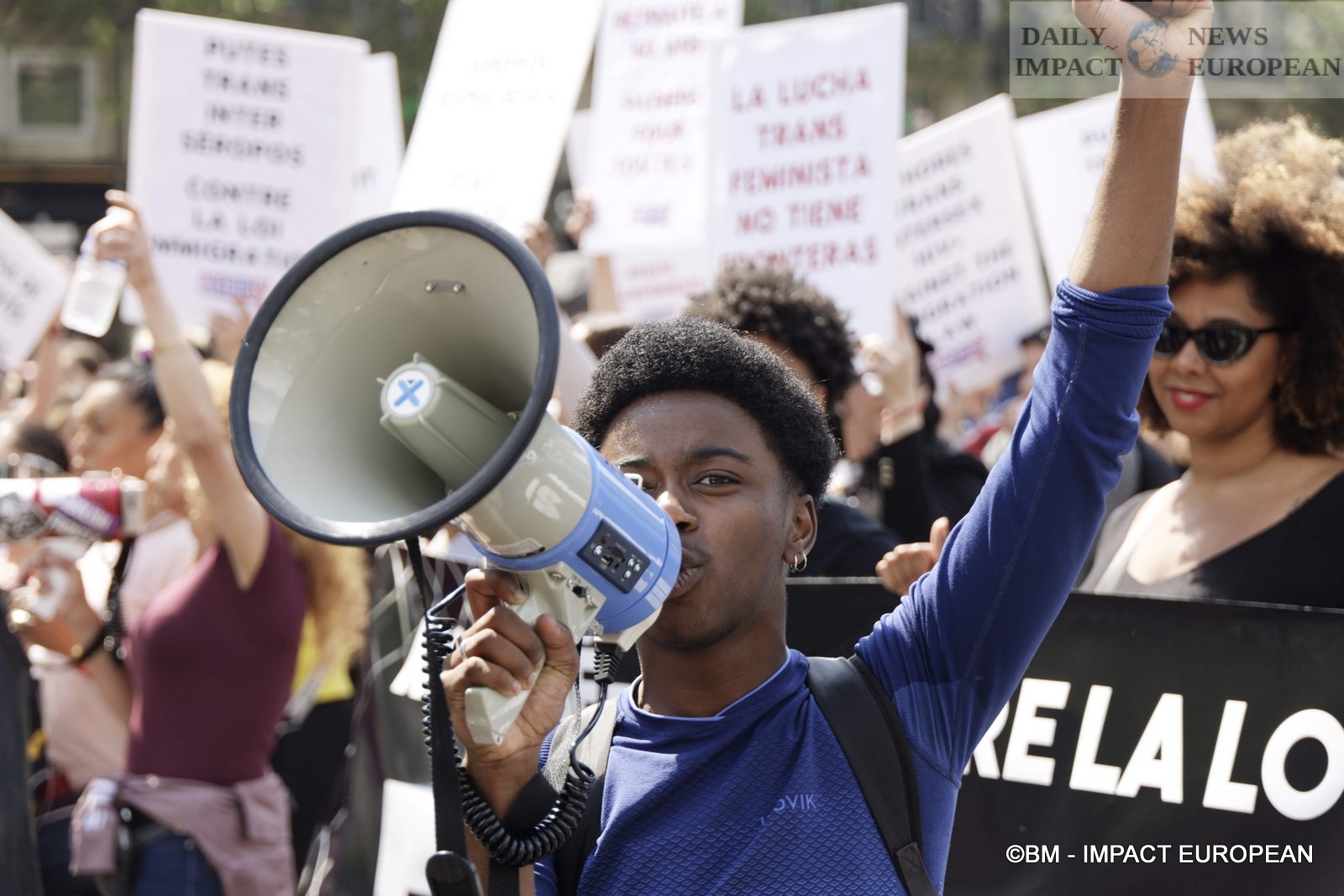
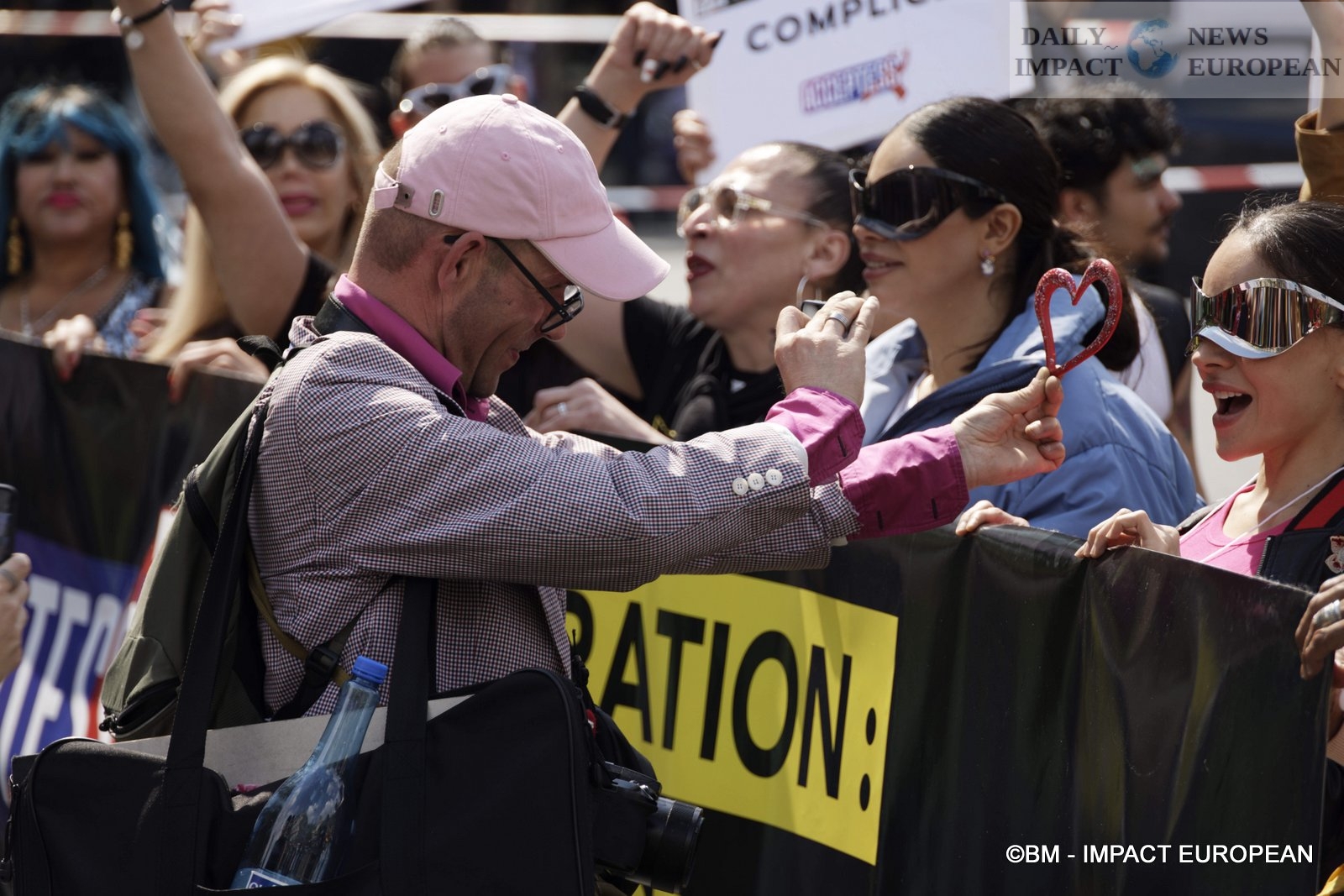
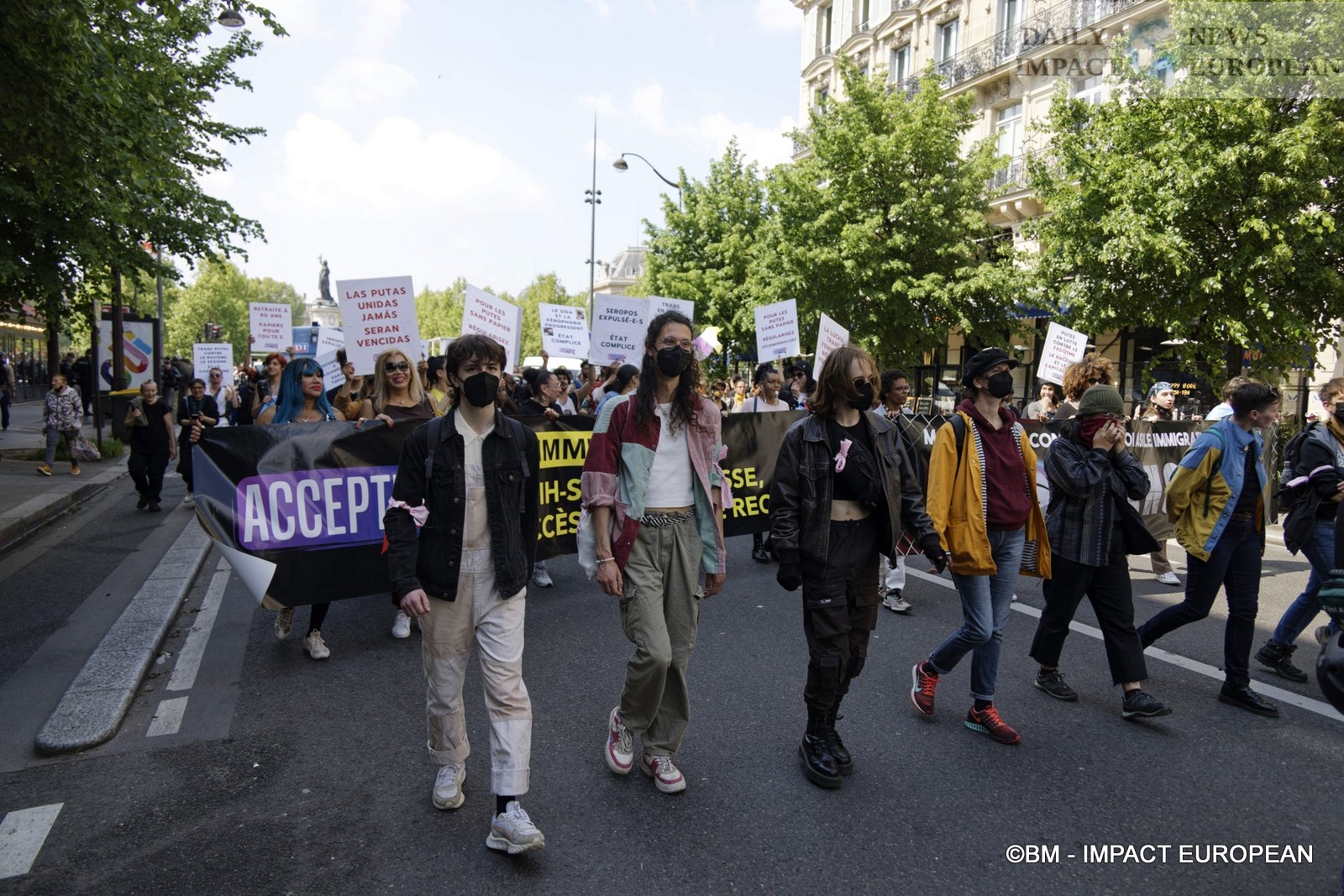
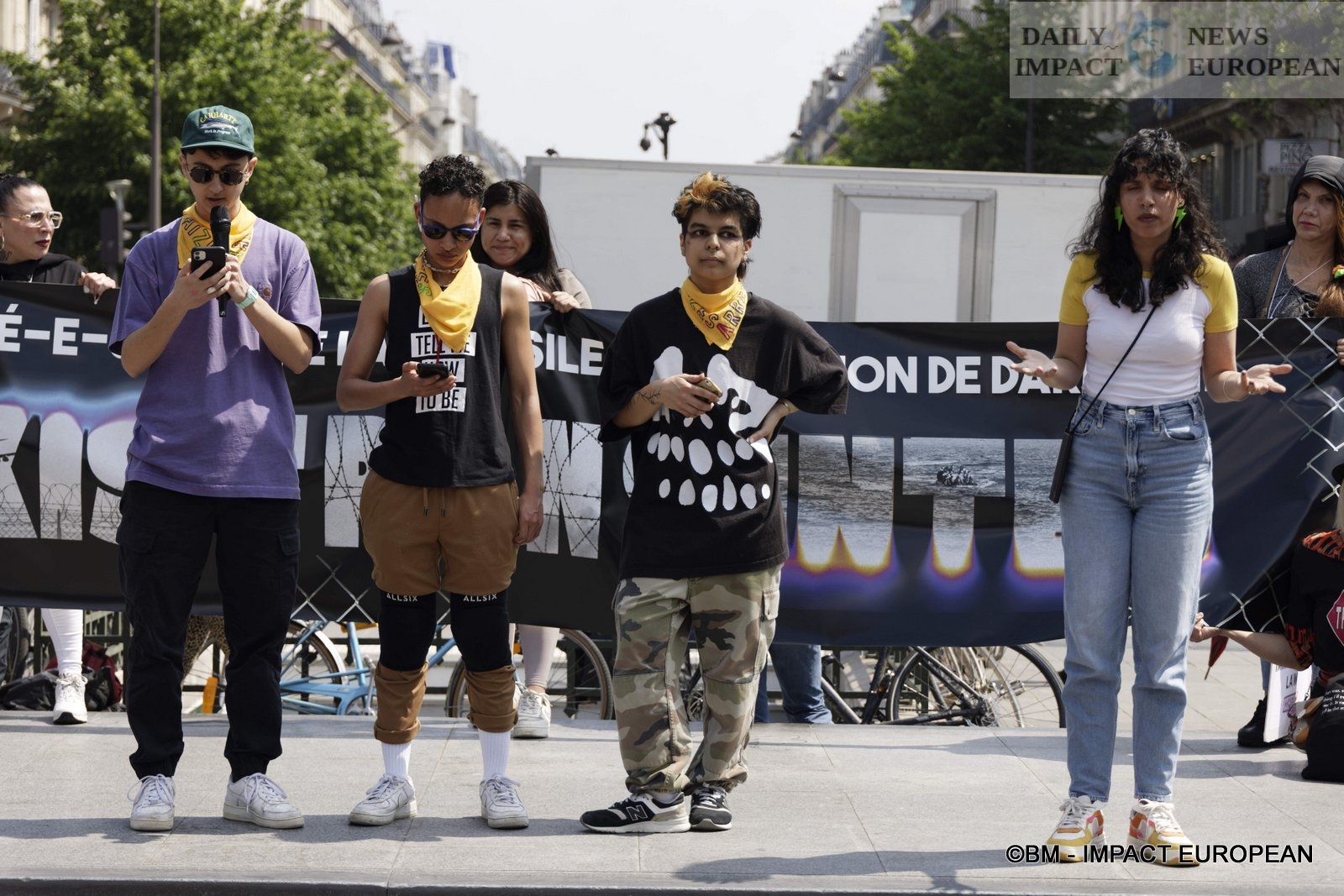
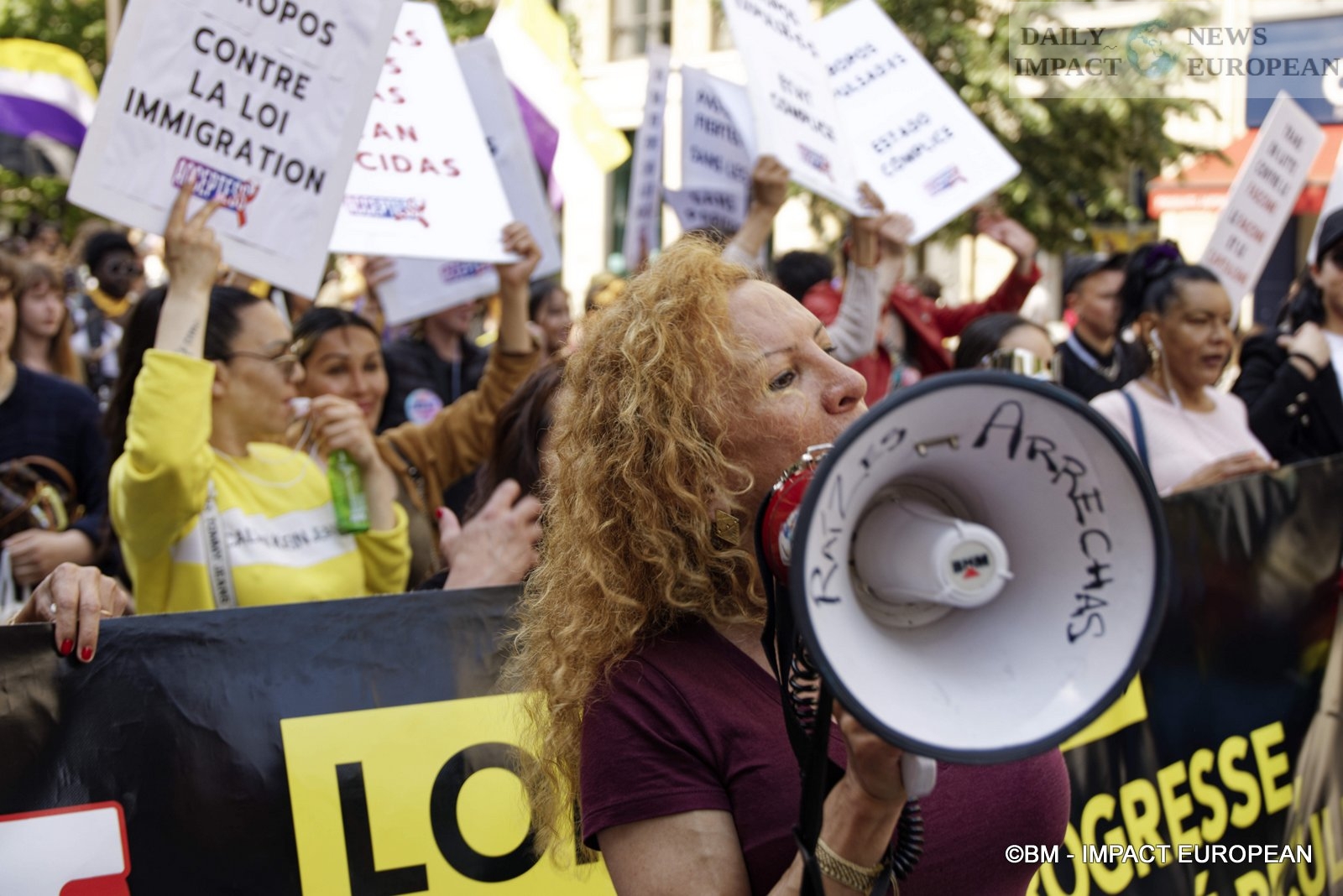
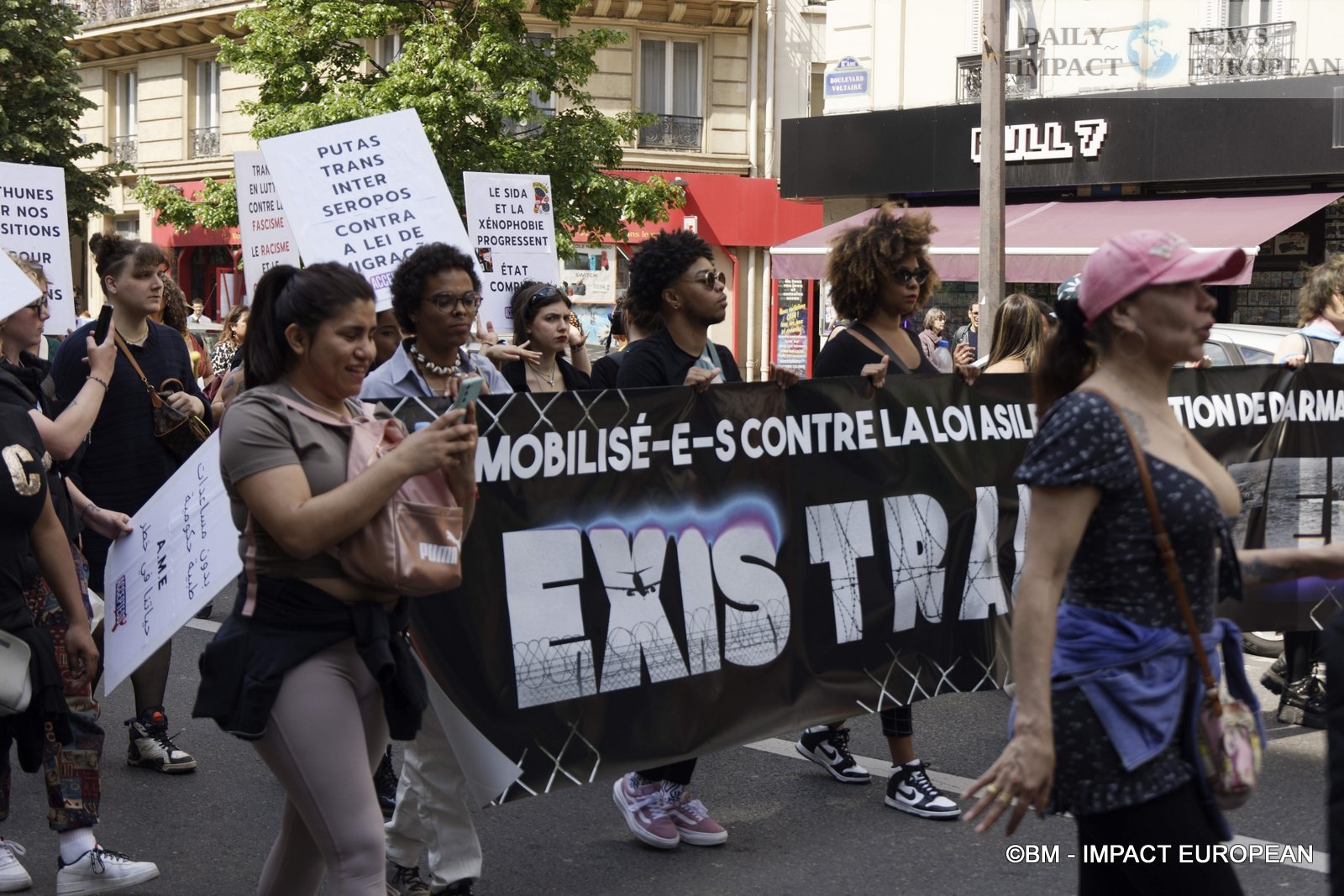
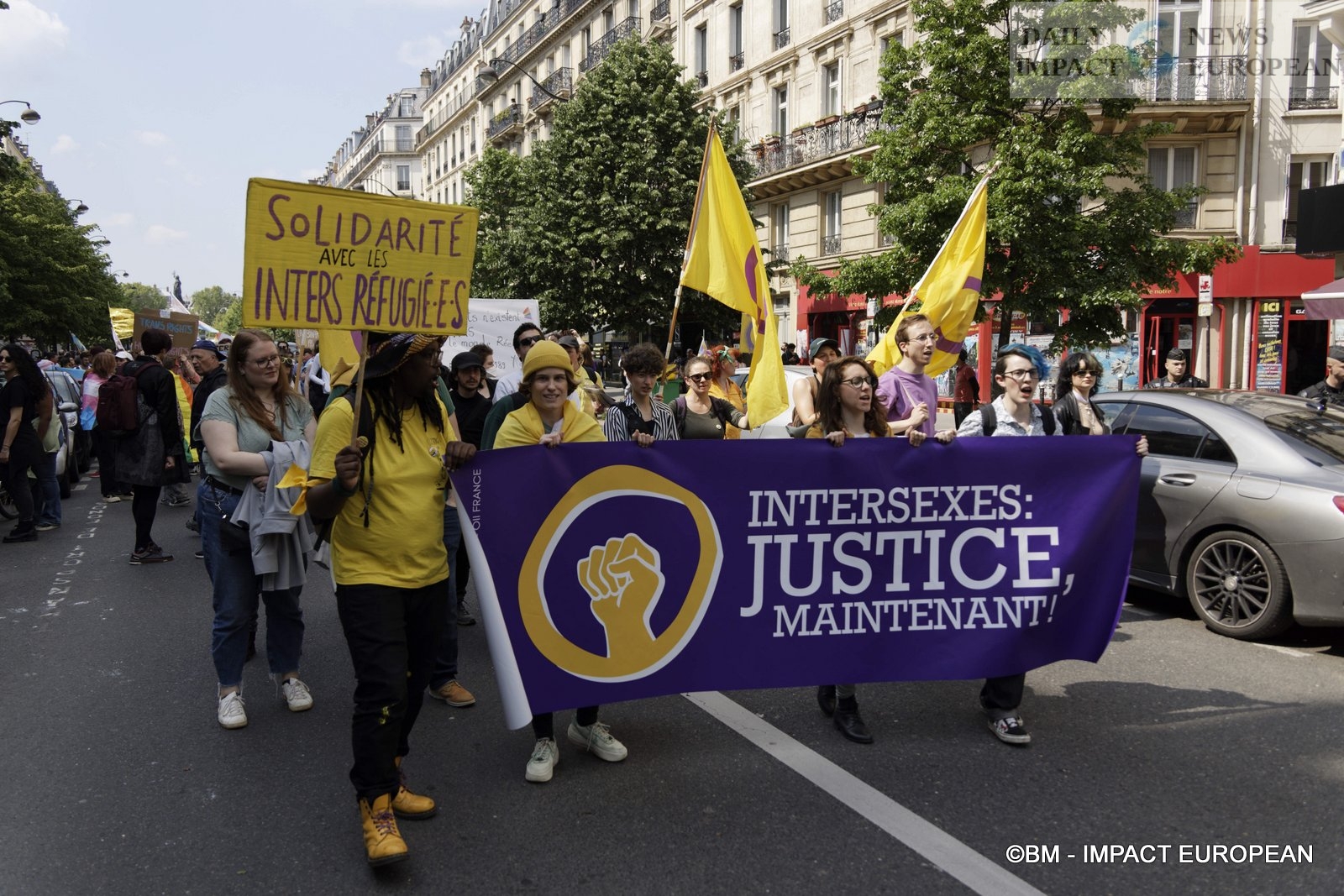
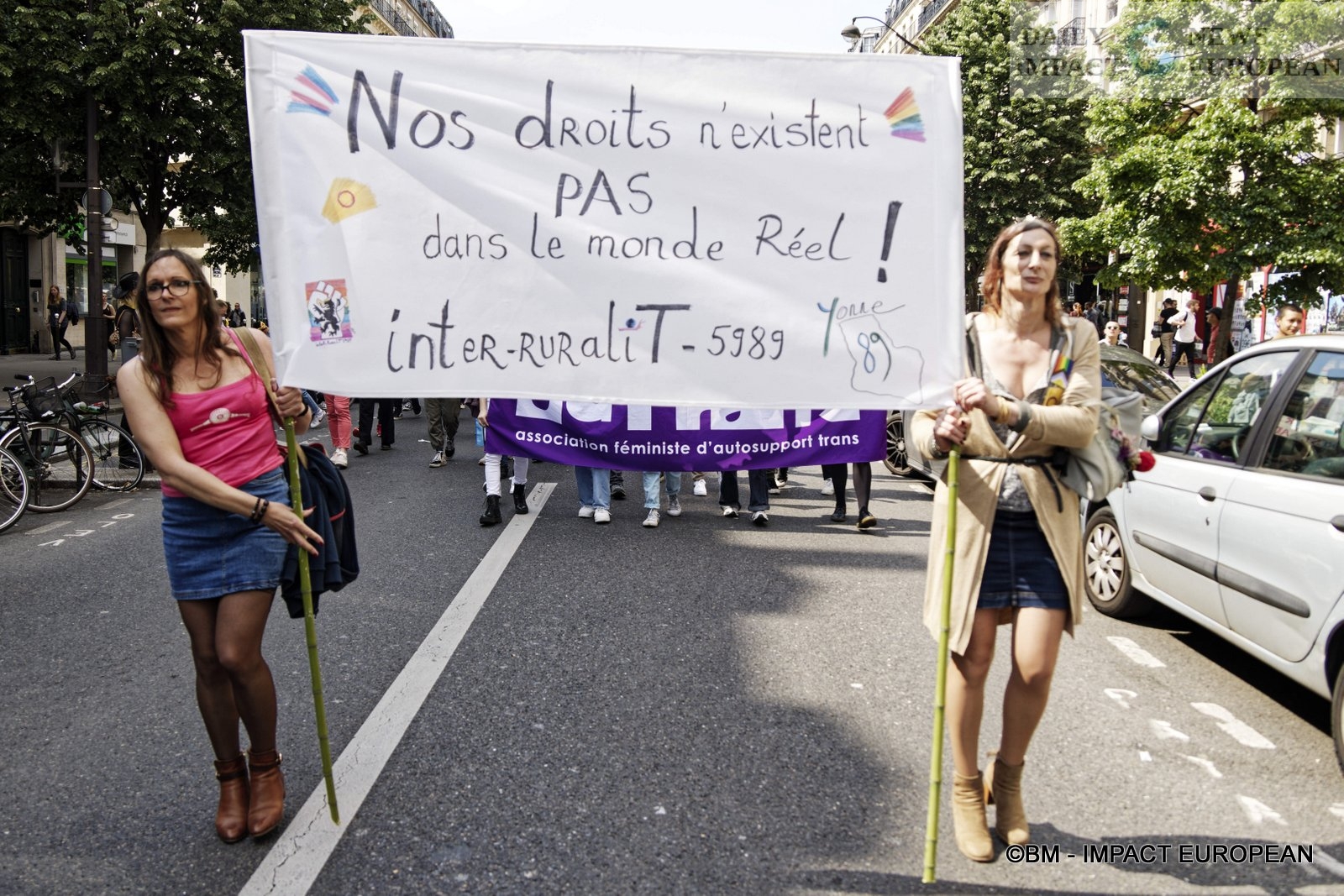
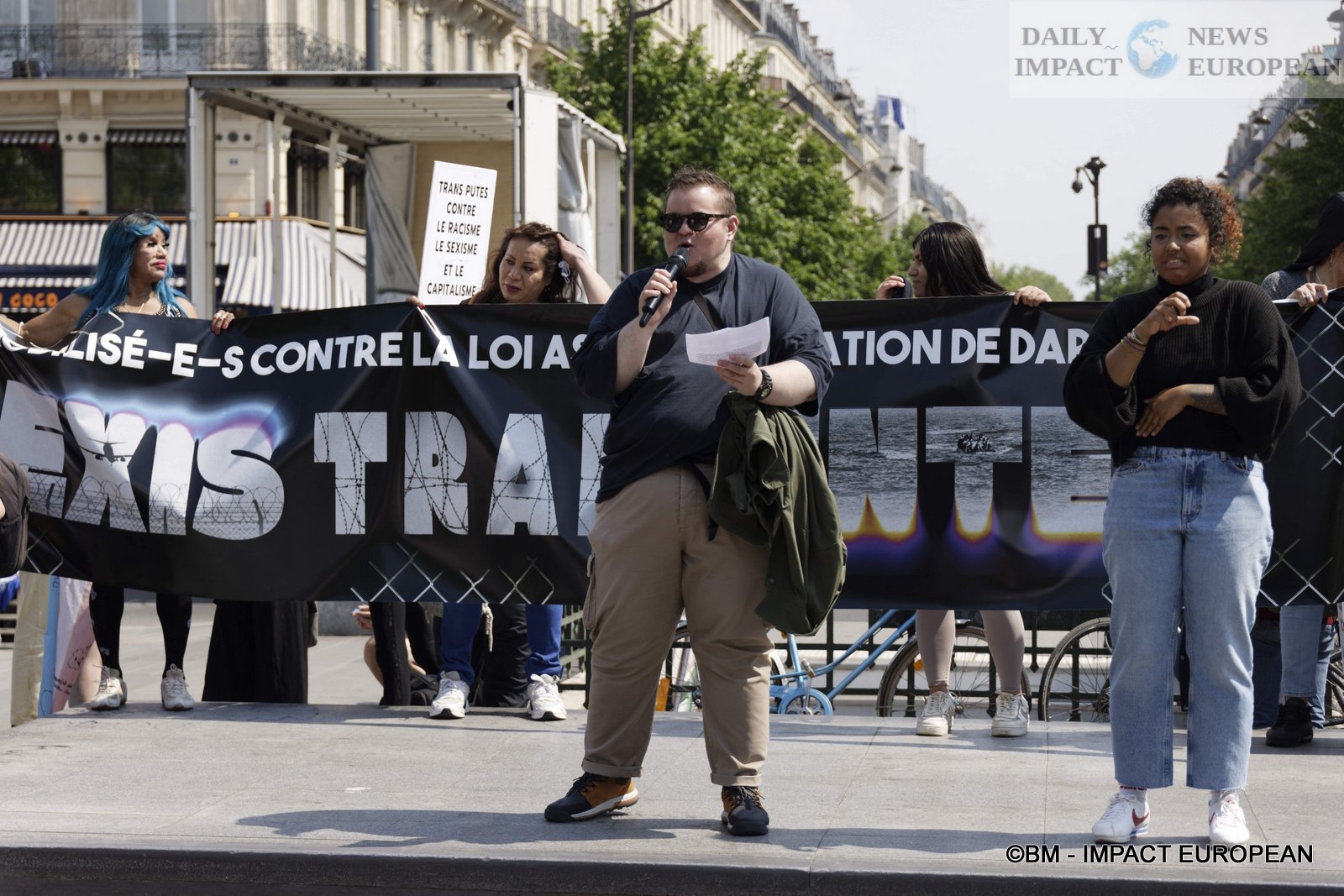
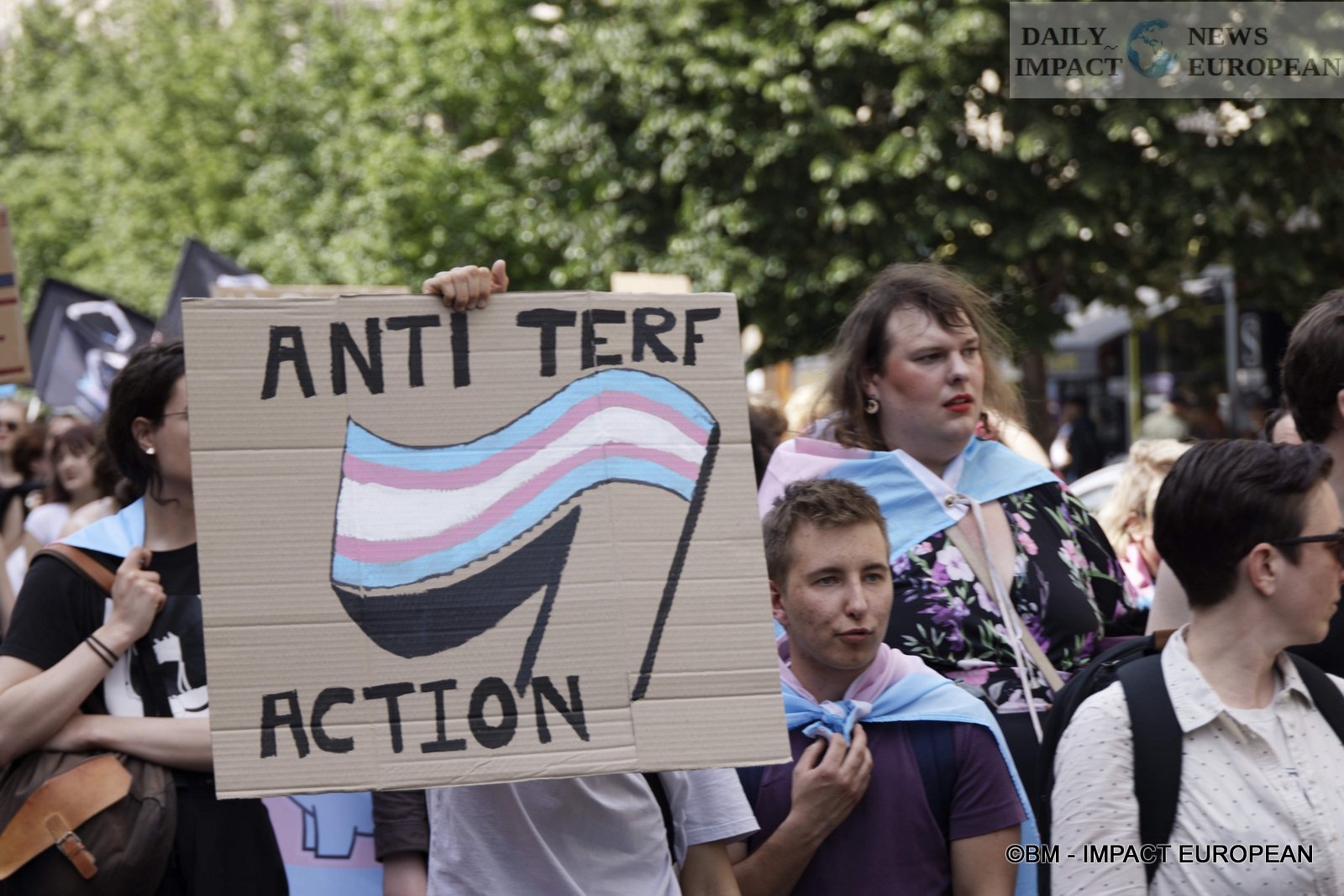
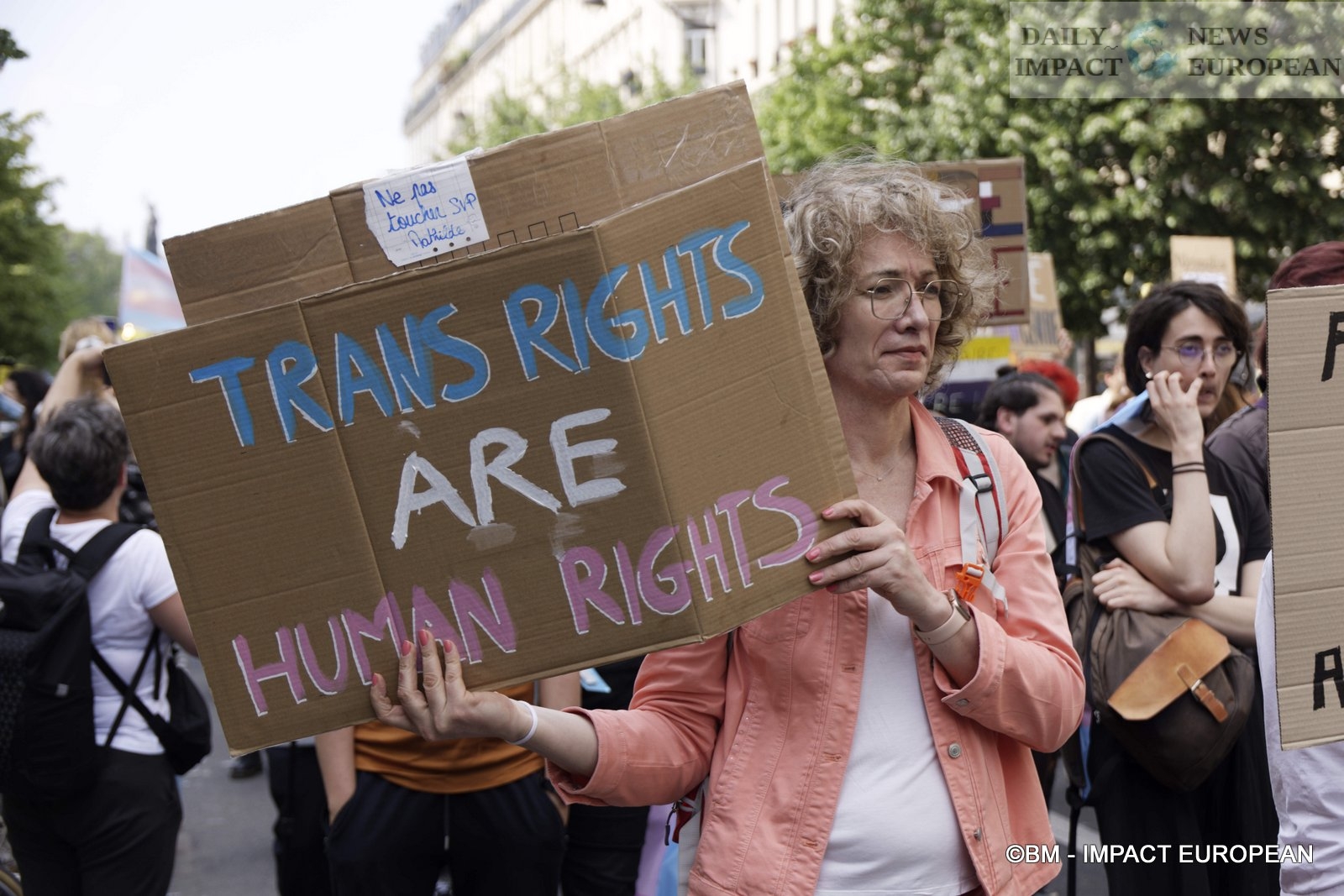
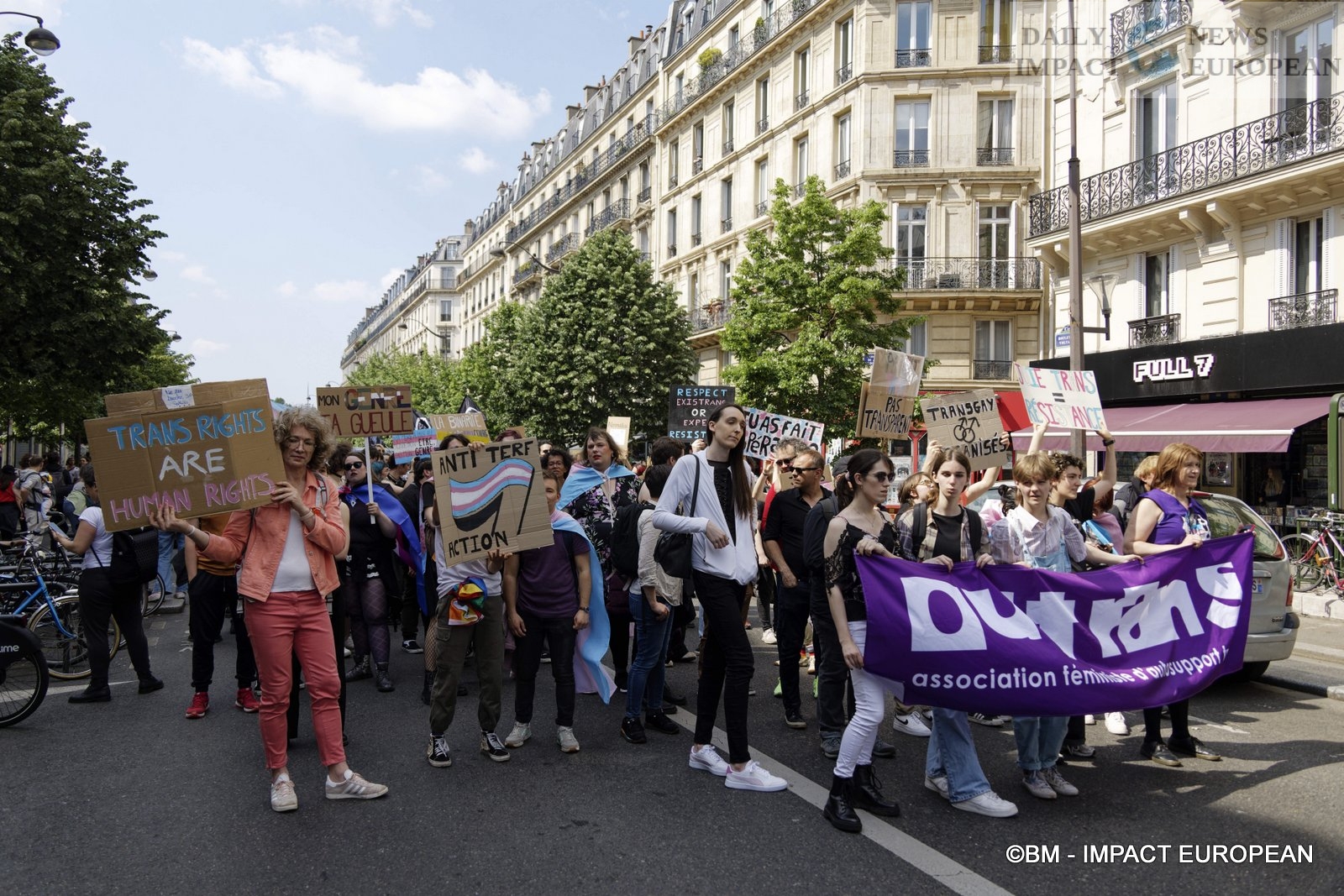
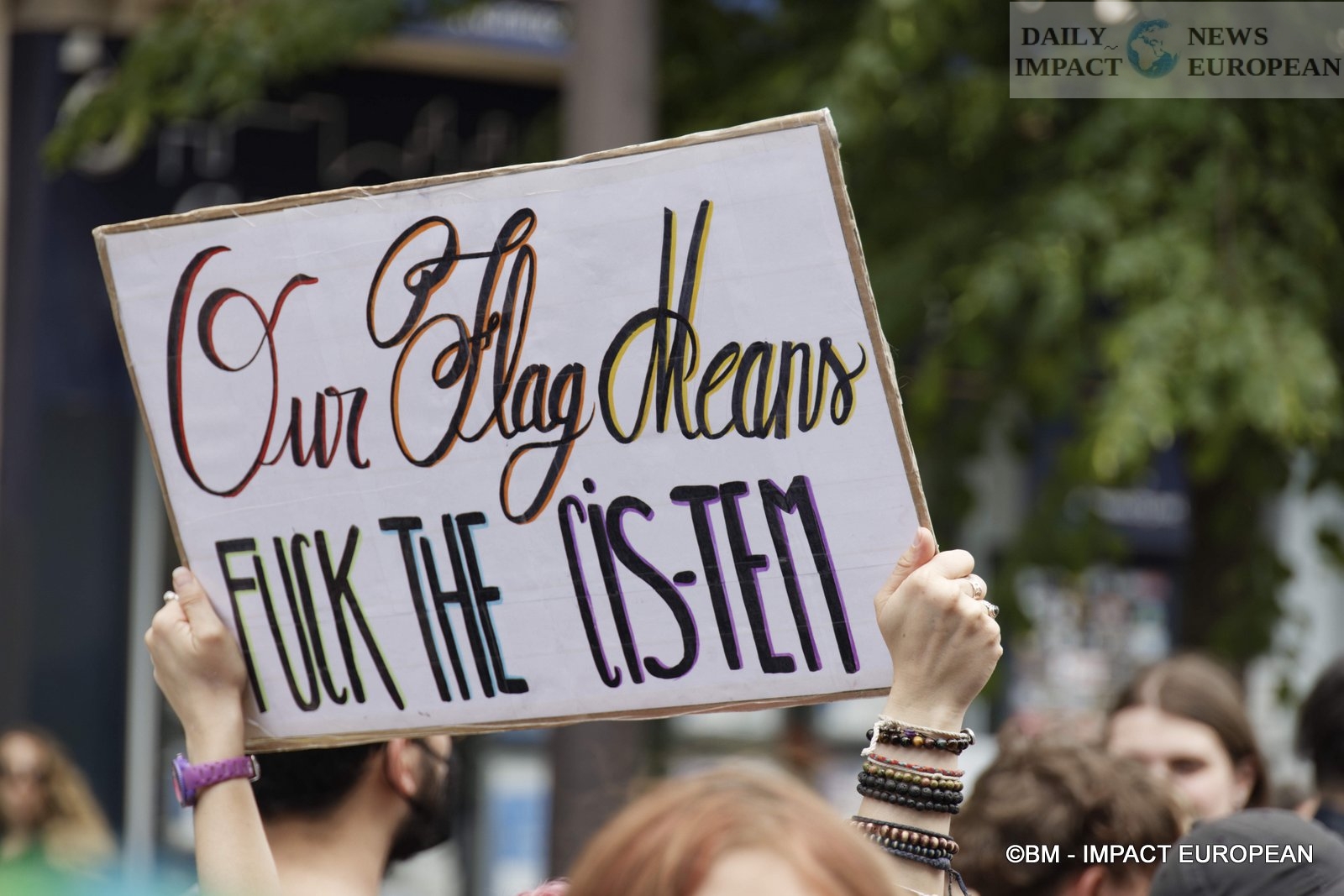
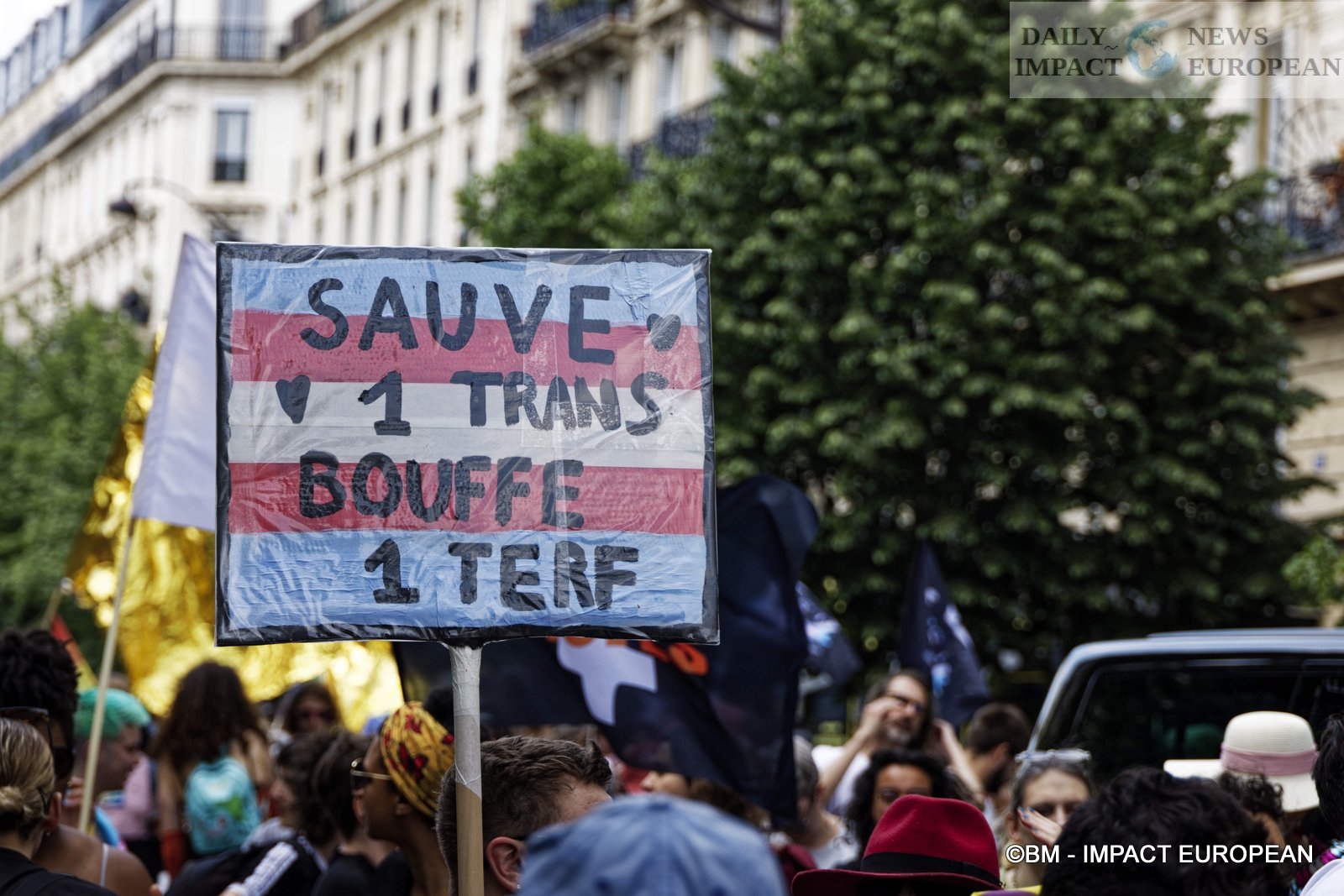
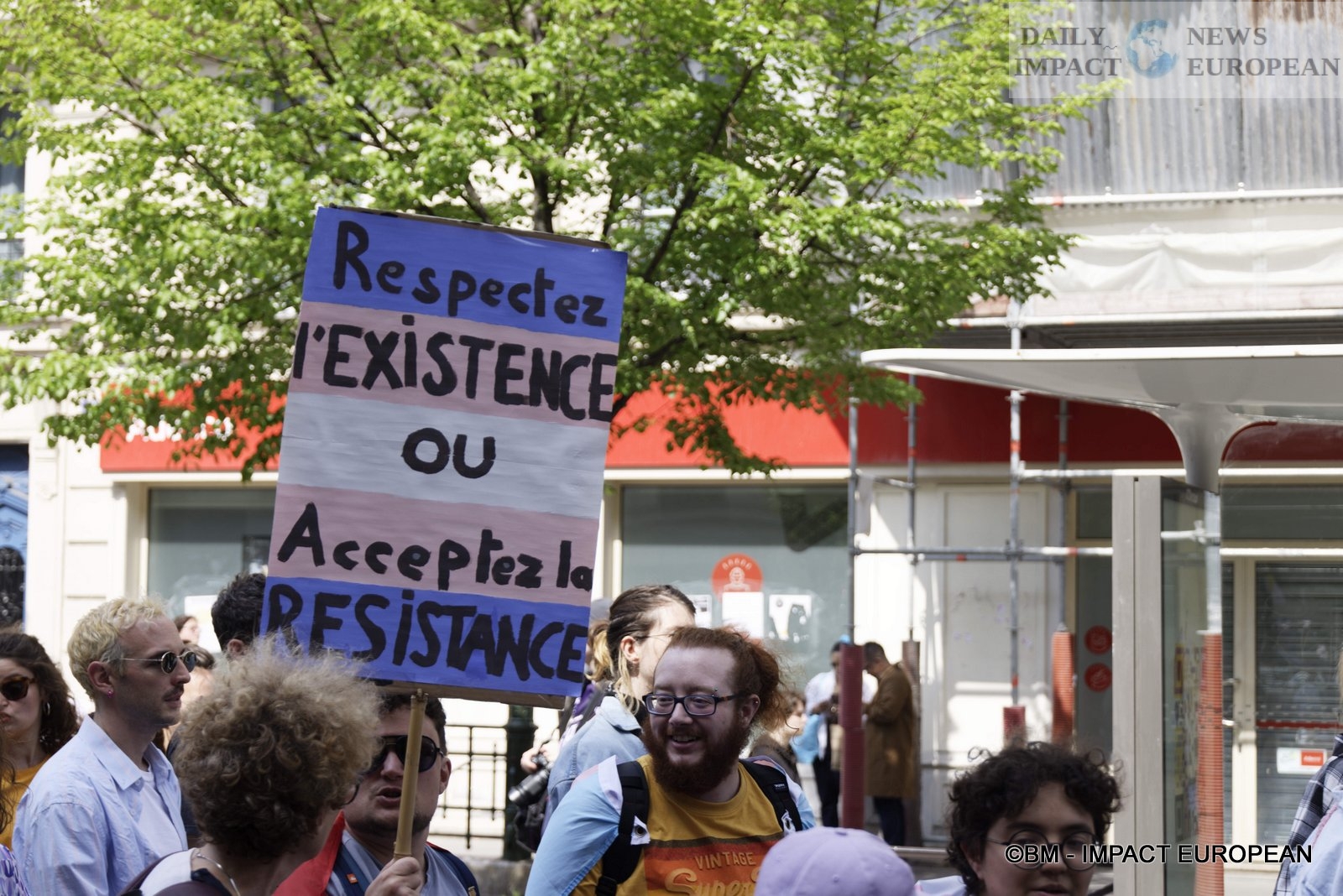
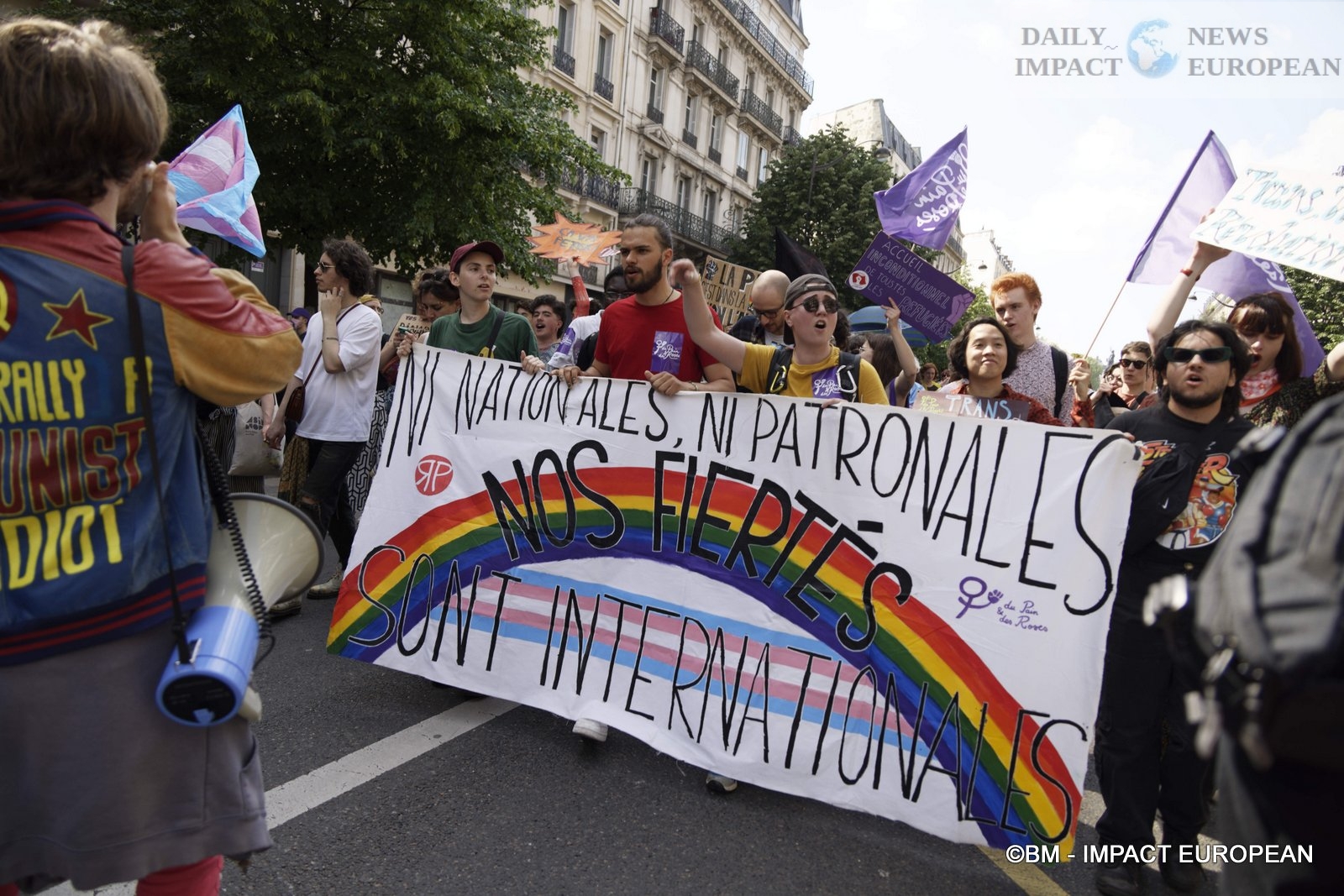
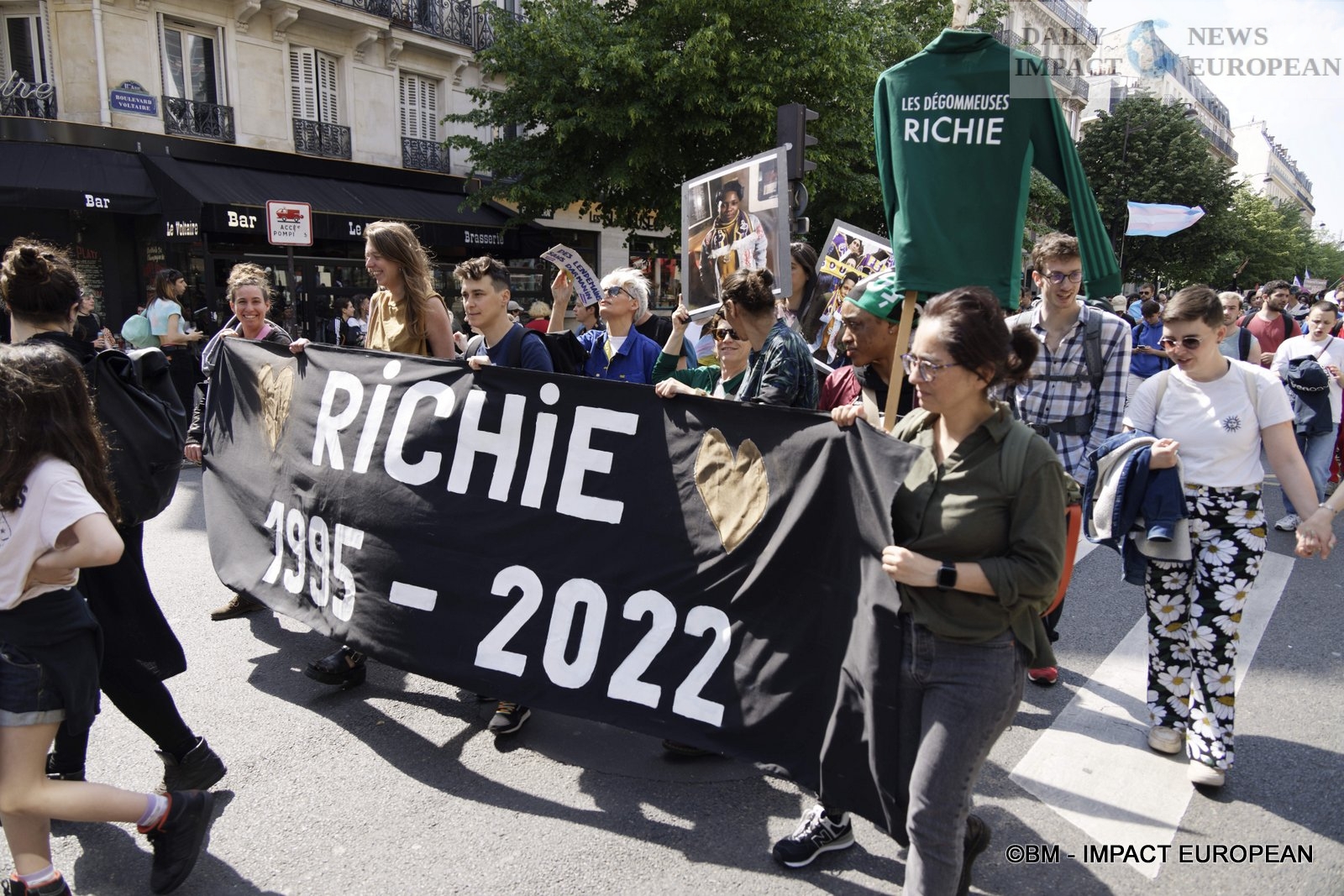
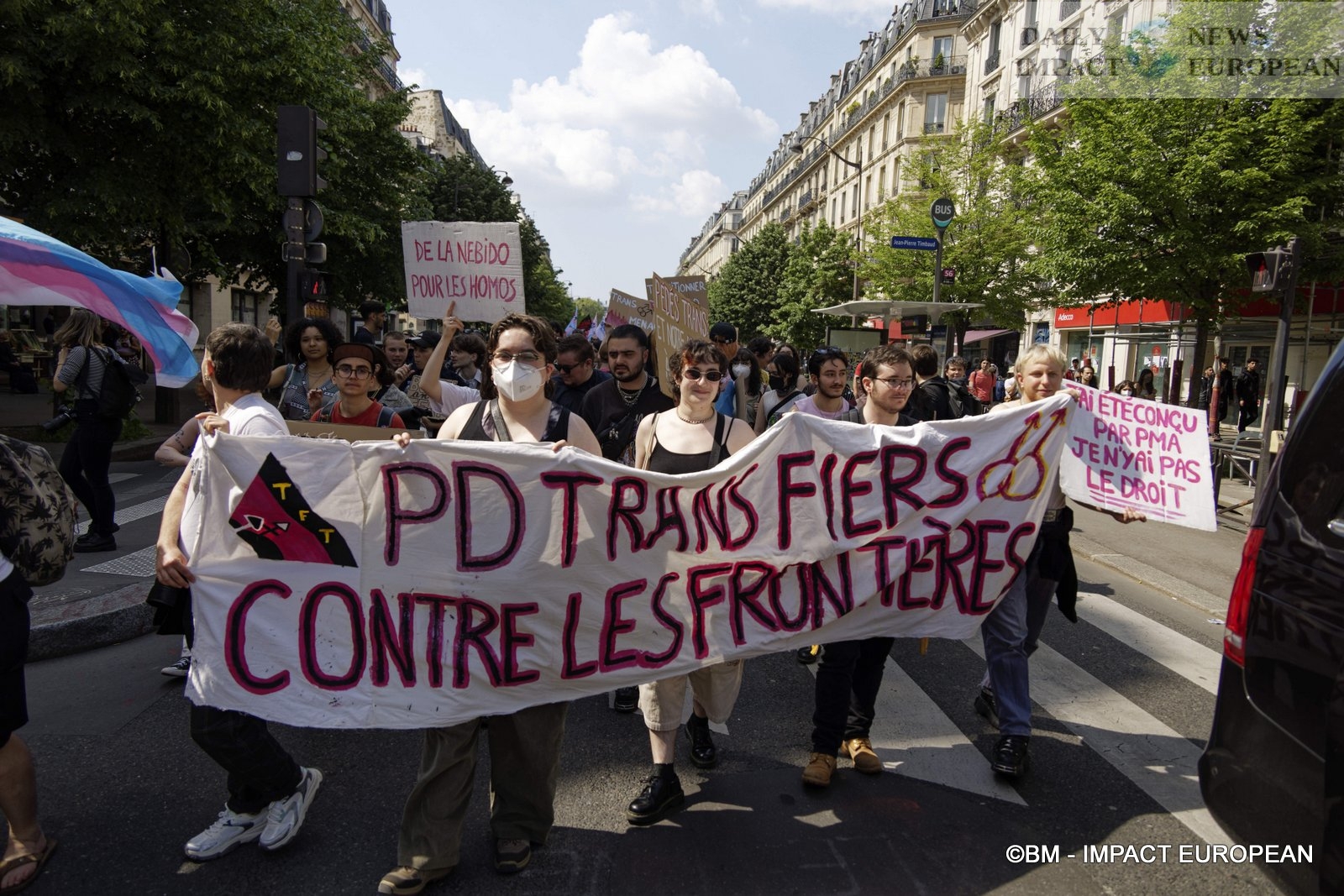
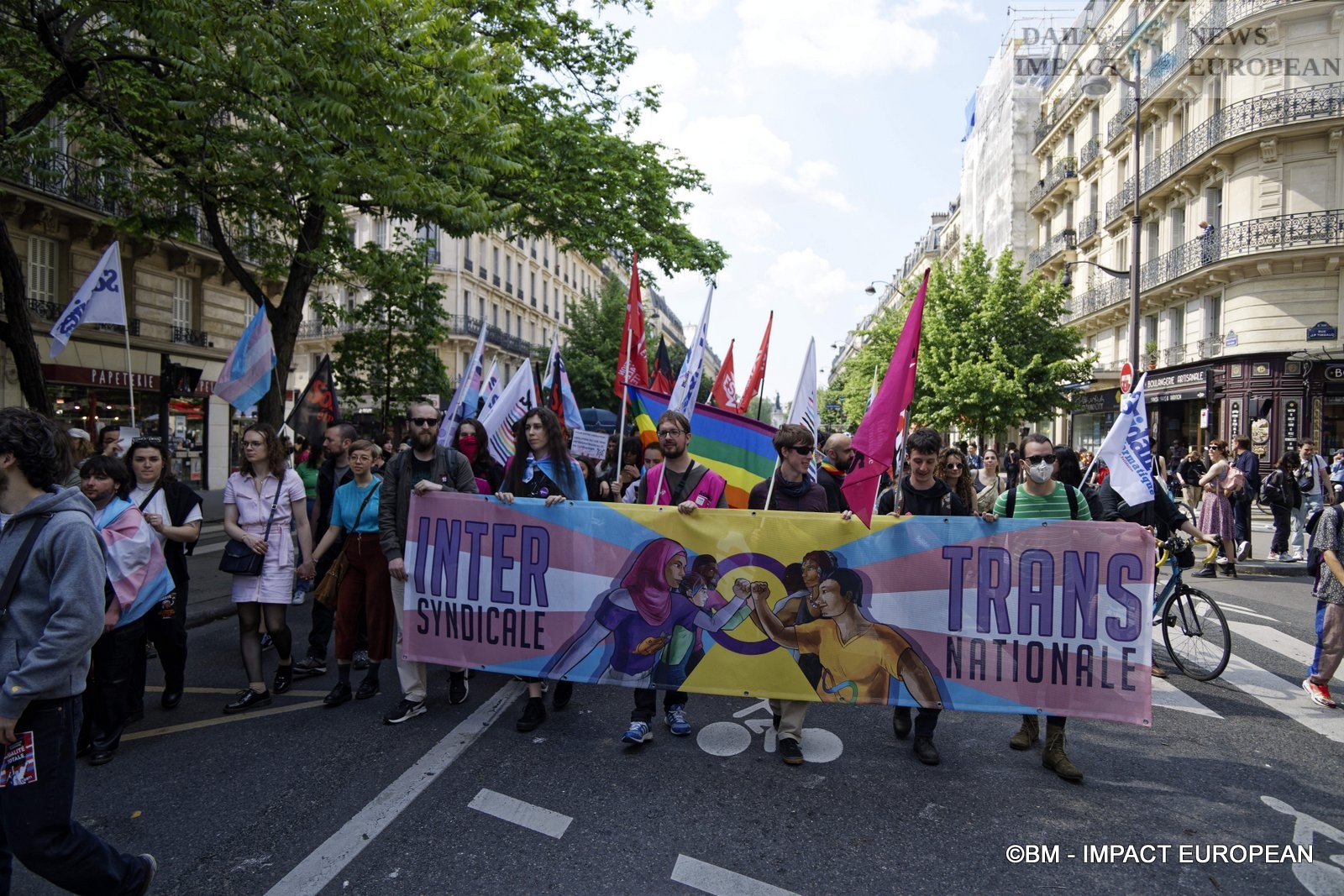
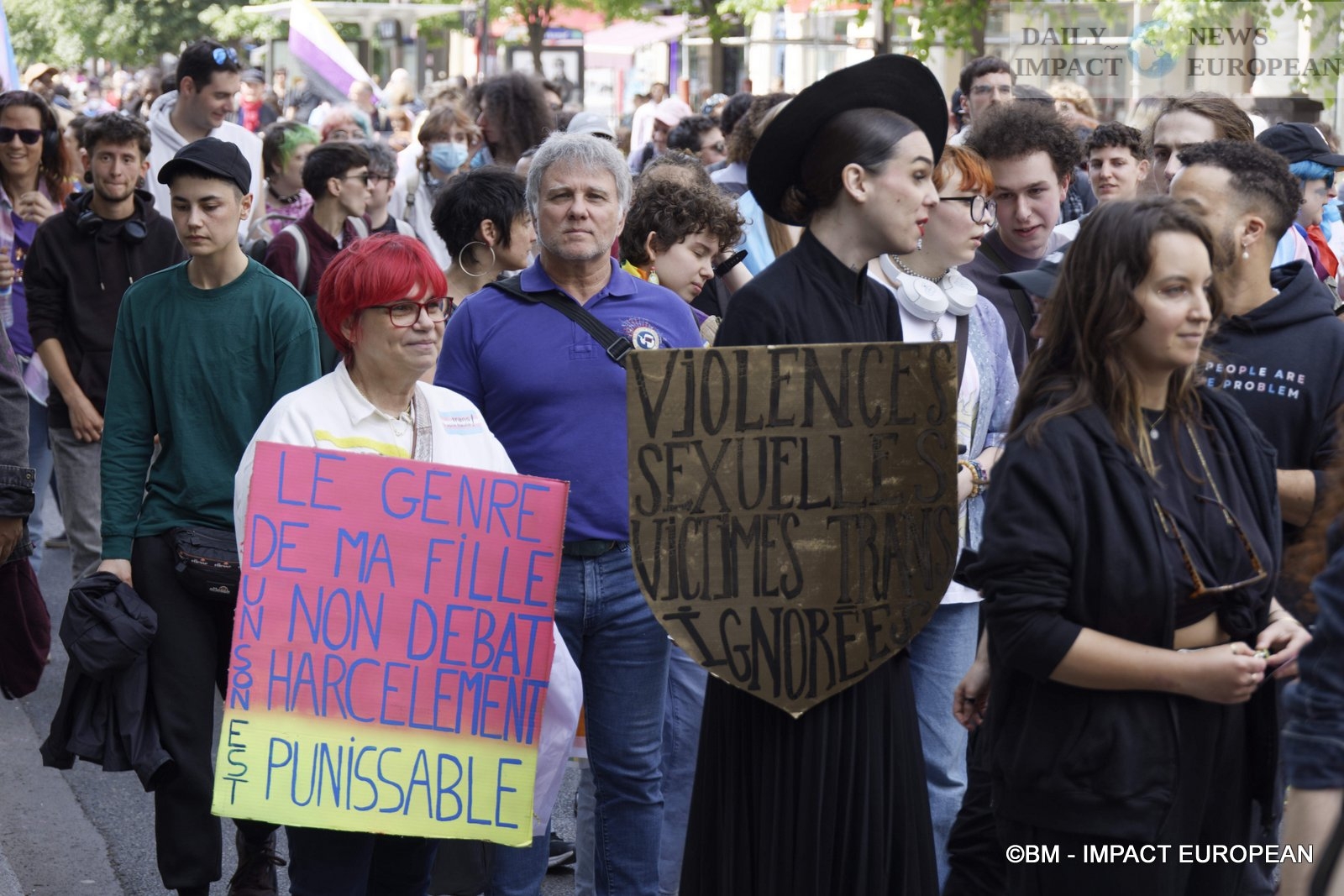
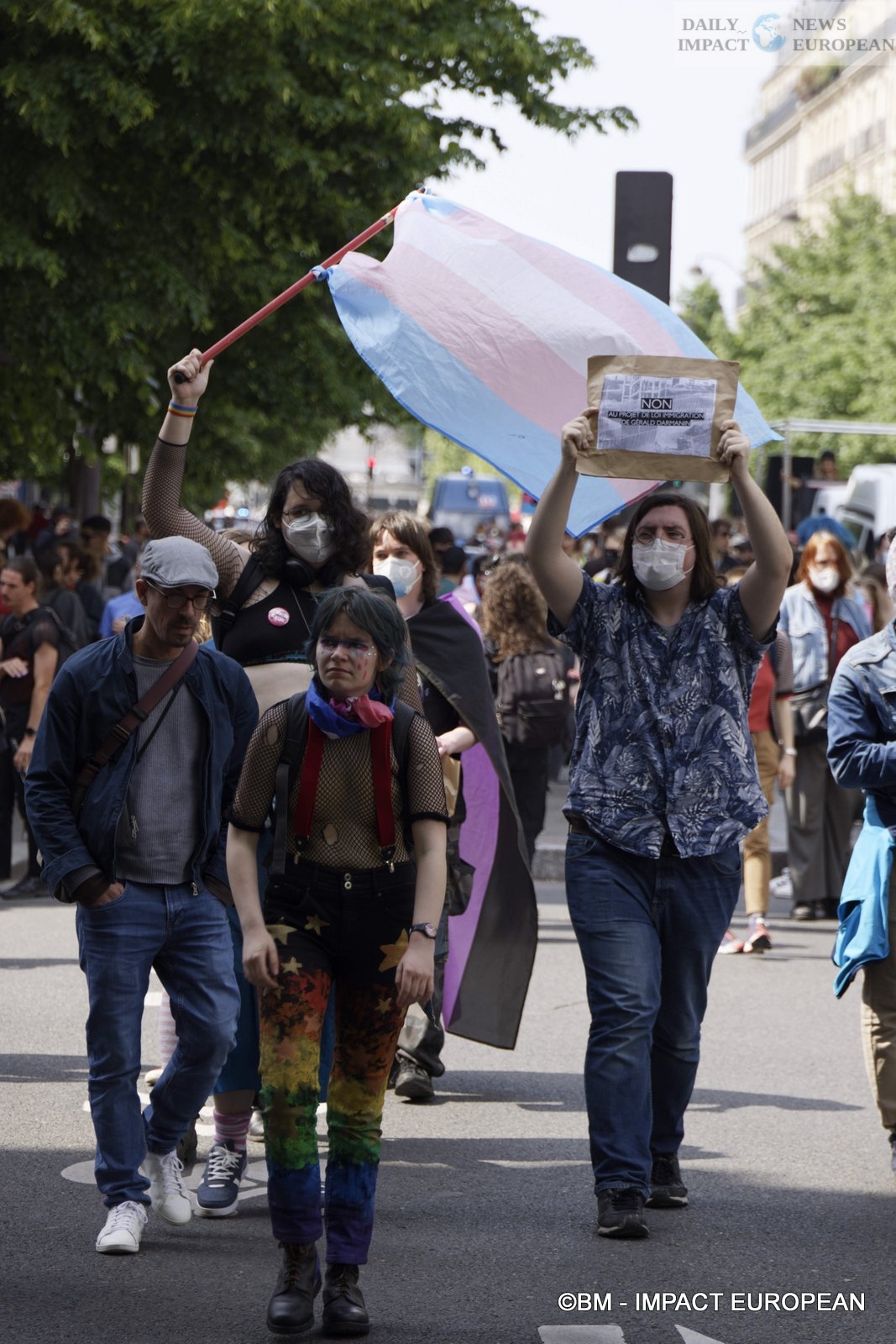
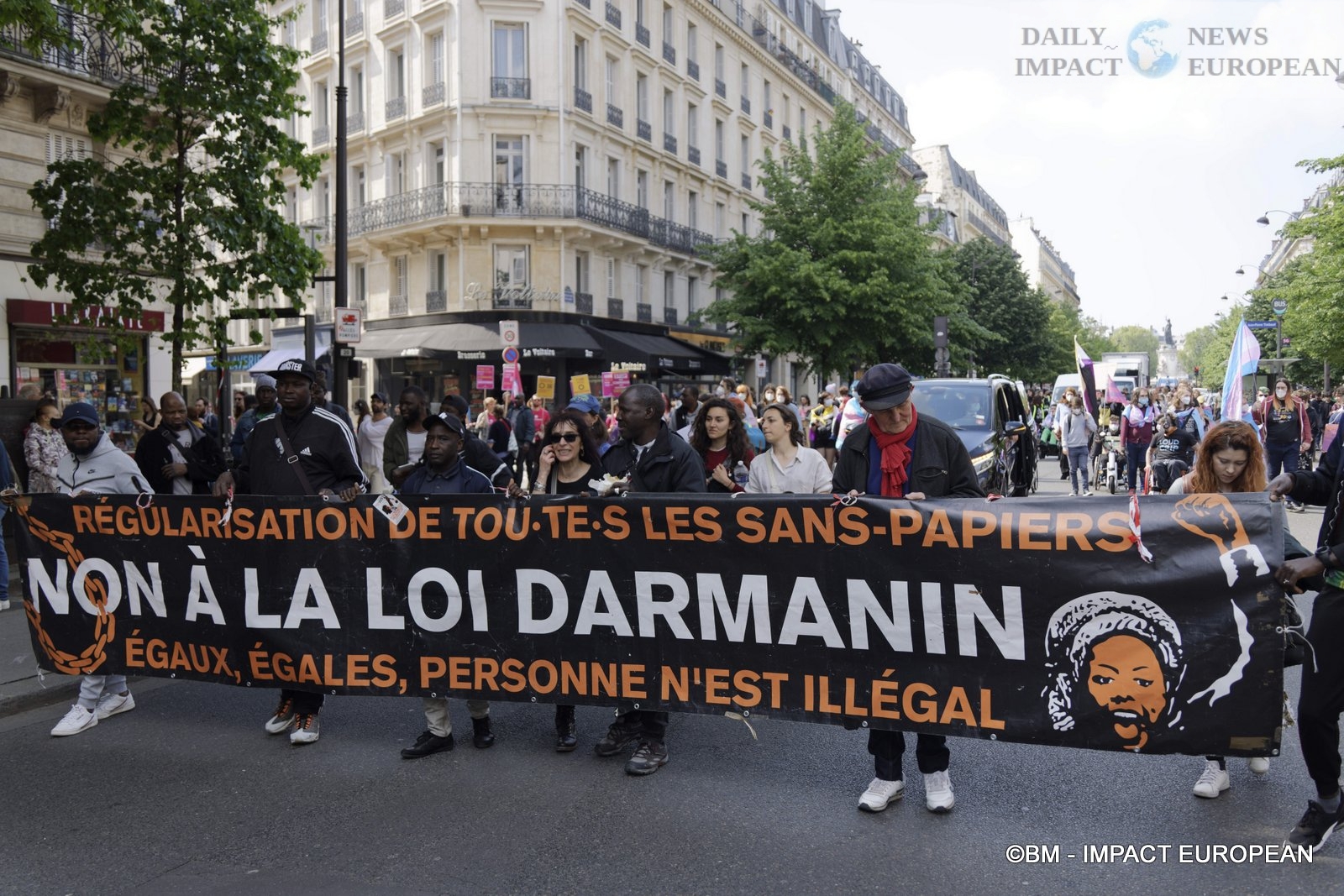
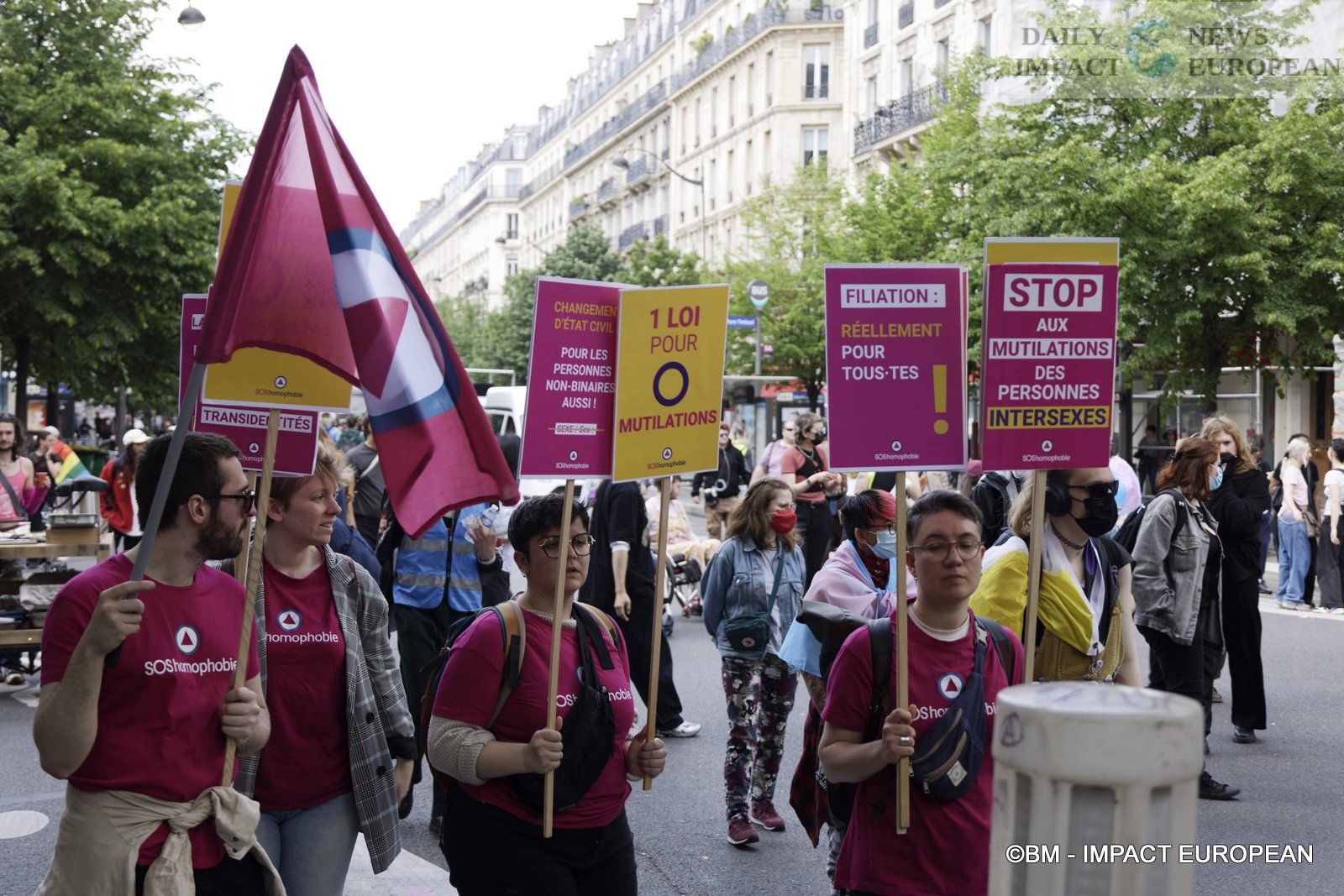
More Stories
METAL D’ALCOVE, the workshop of Eric KATZ, lighting sculptor in Montmartre
Paris Marathon 2024: Victory for Ethiopians at the Paris marathon
Gelsomina